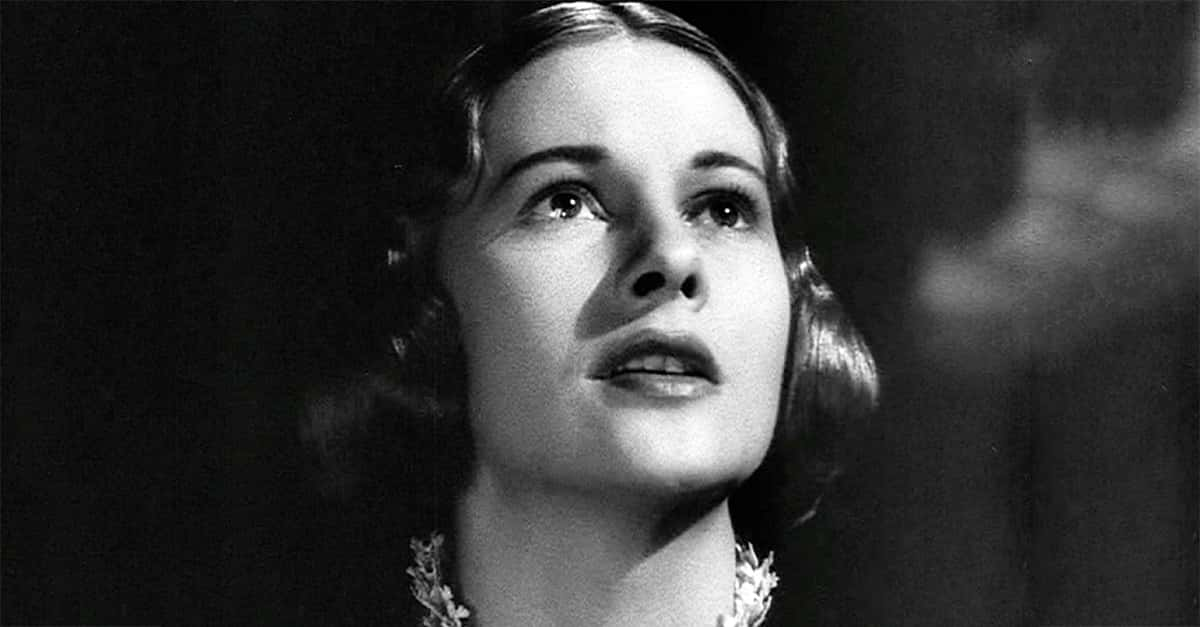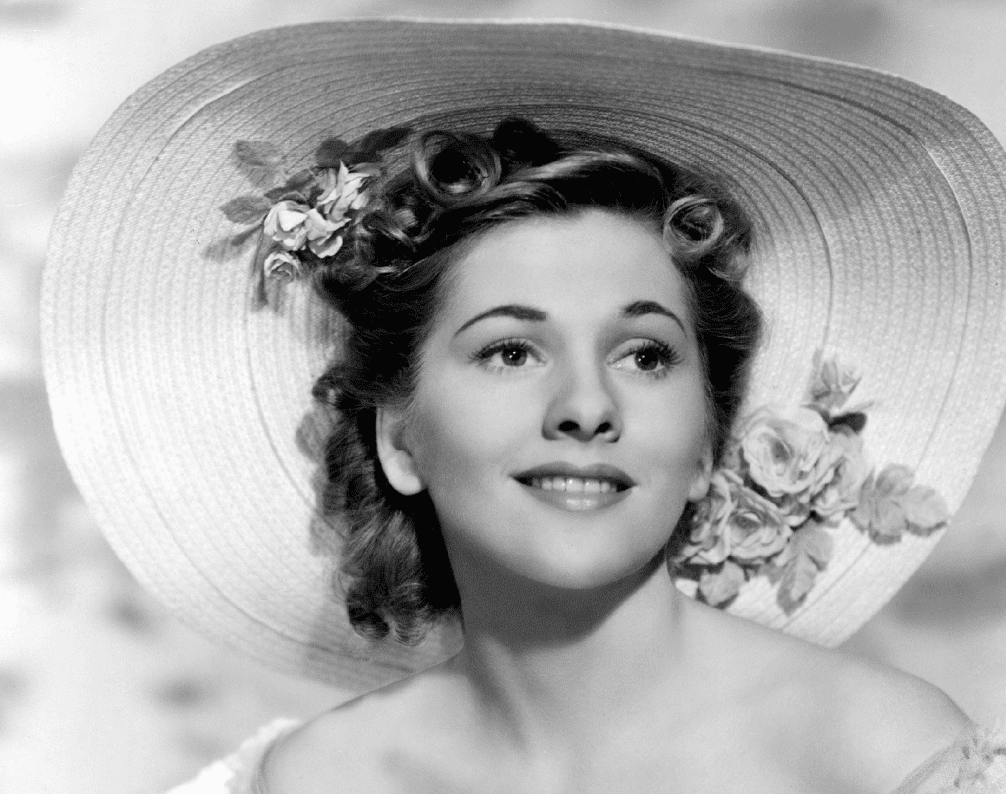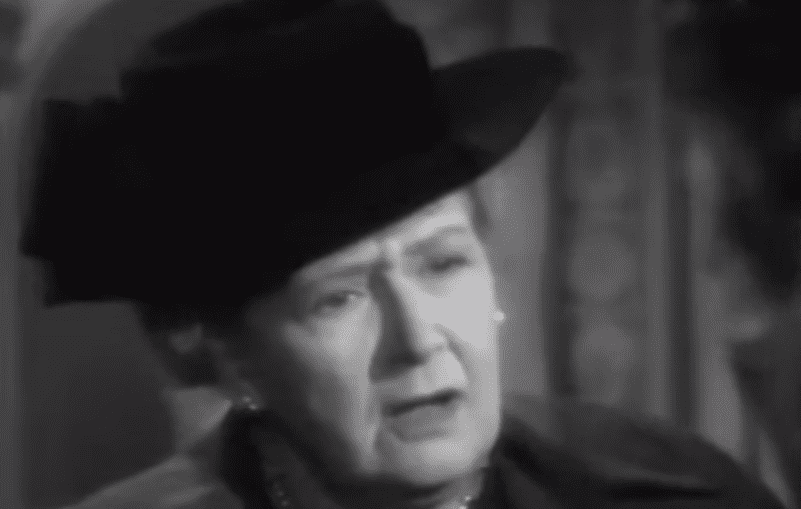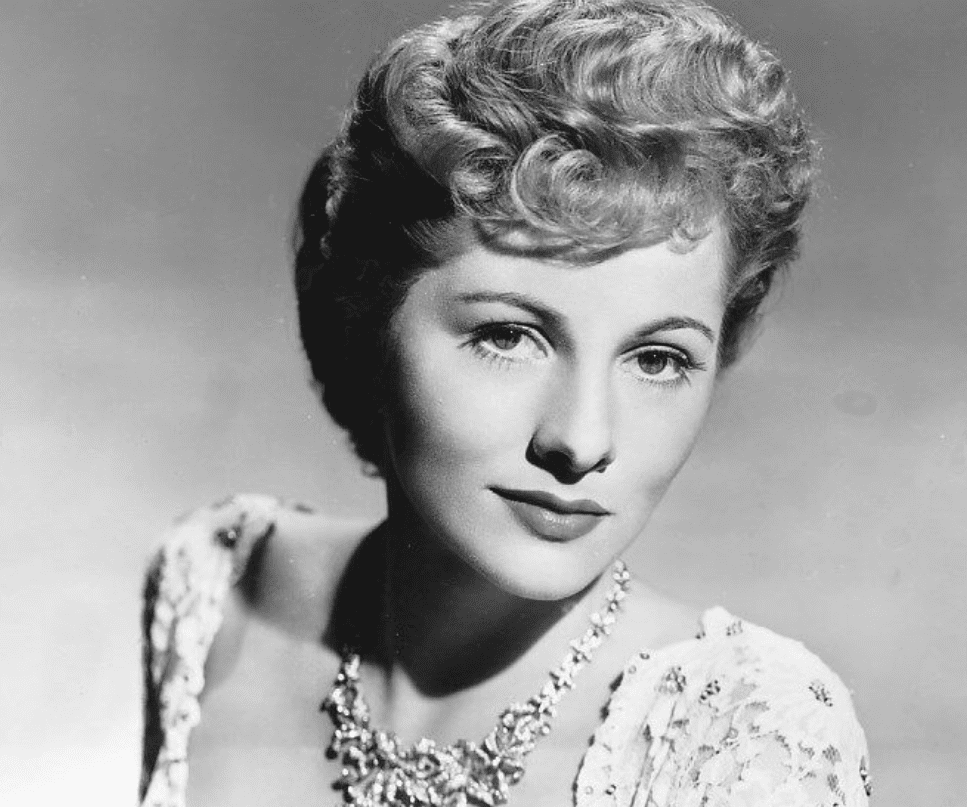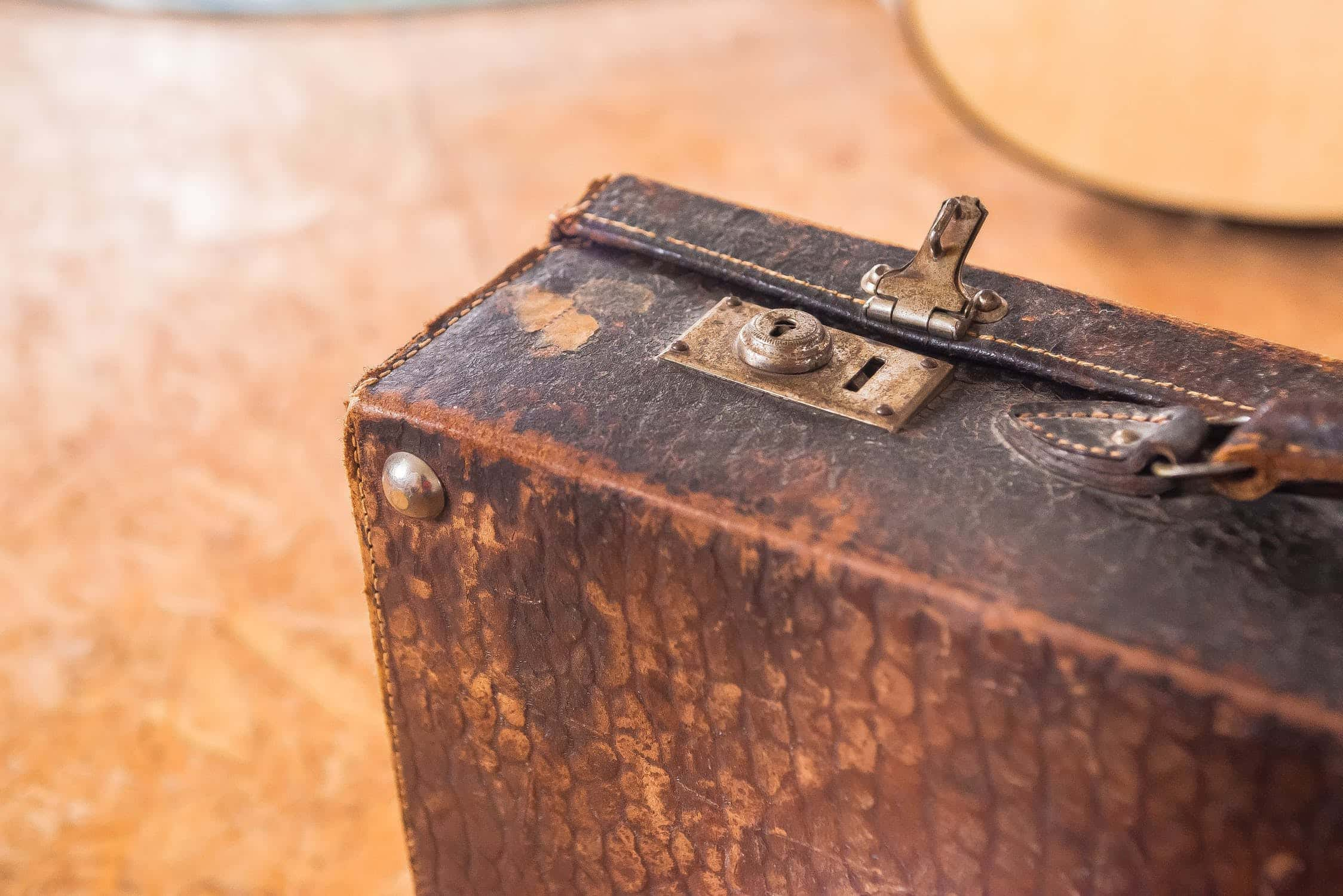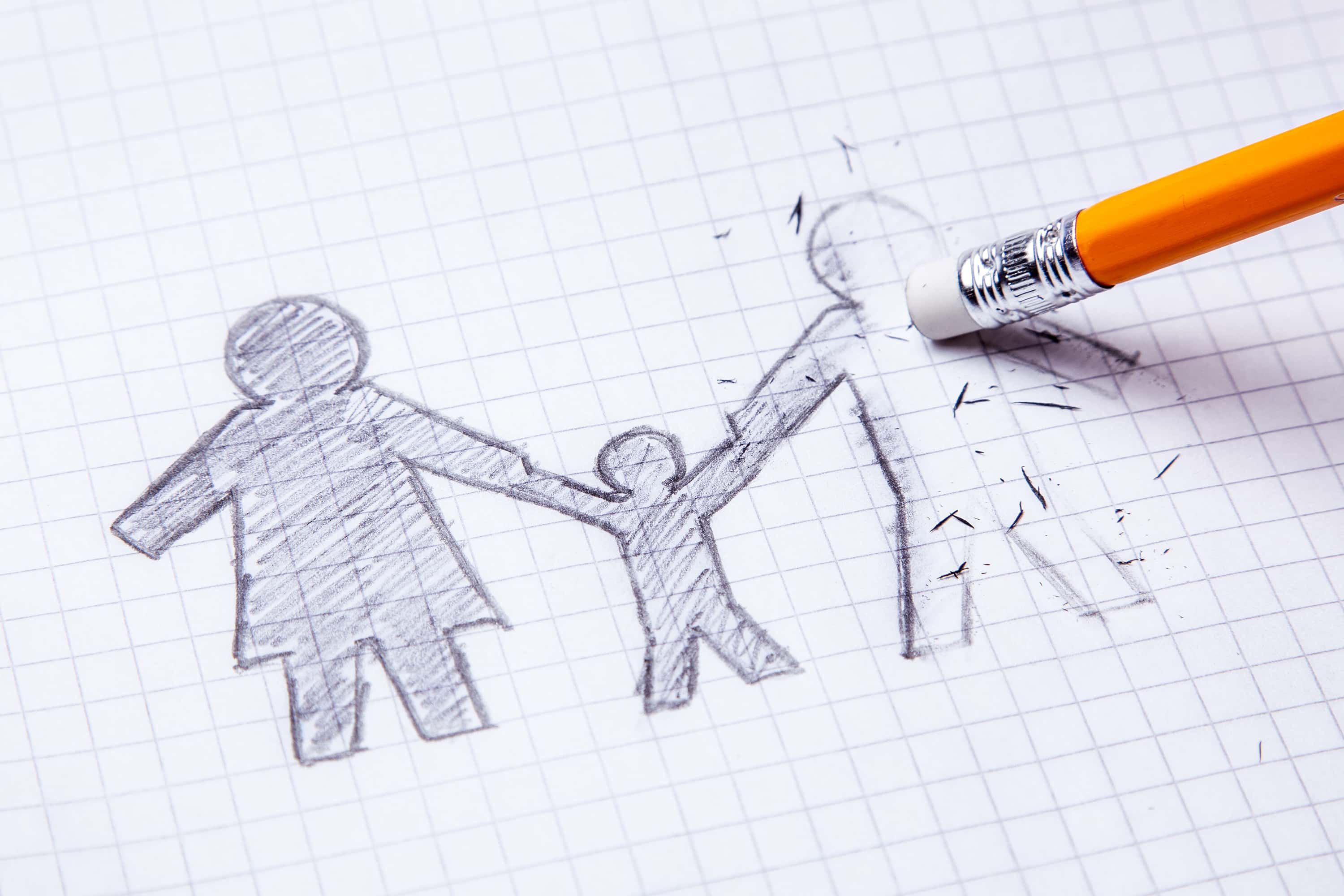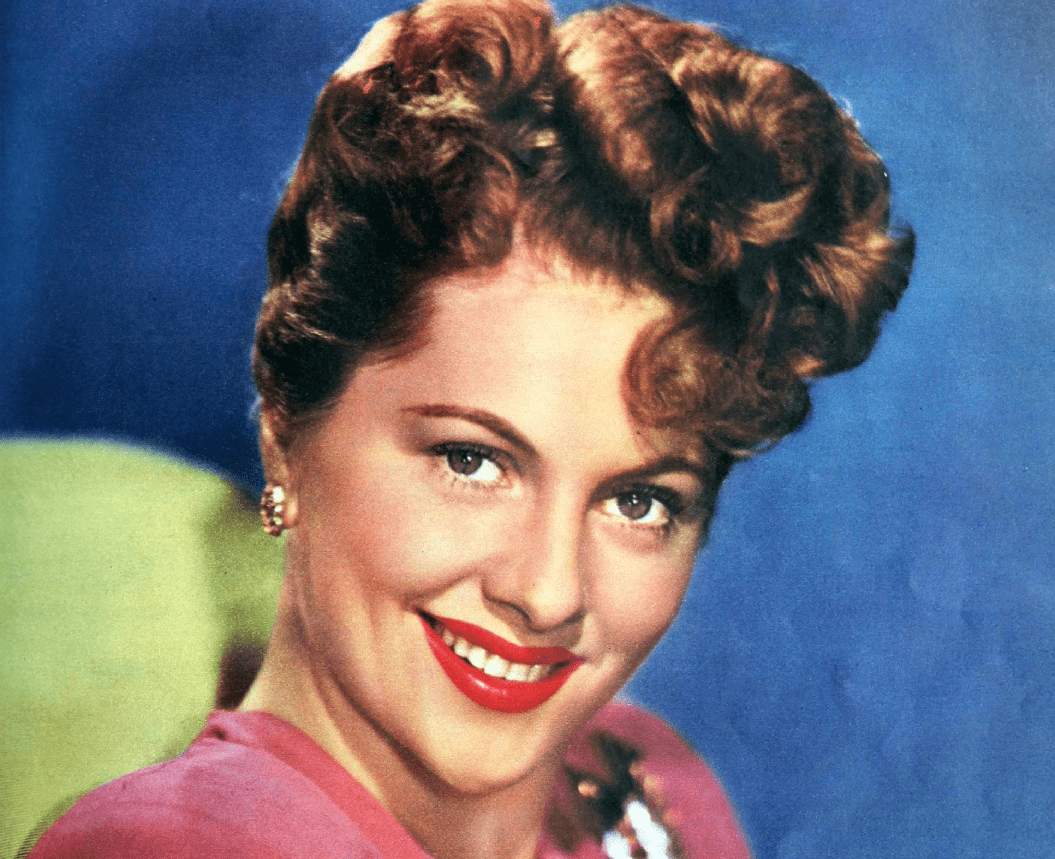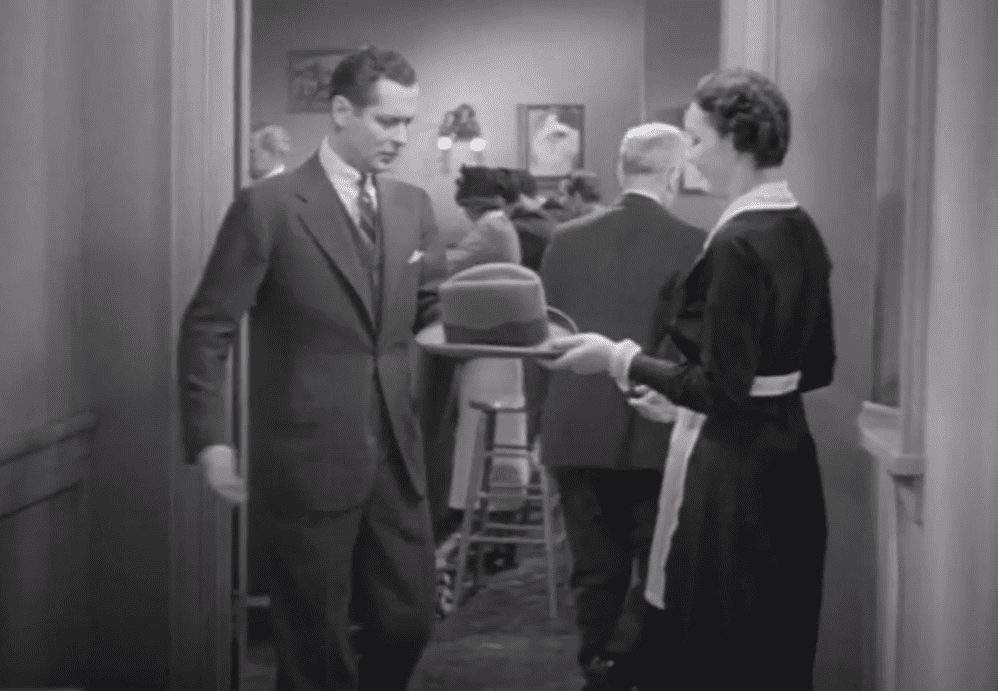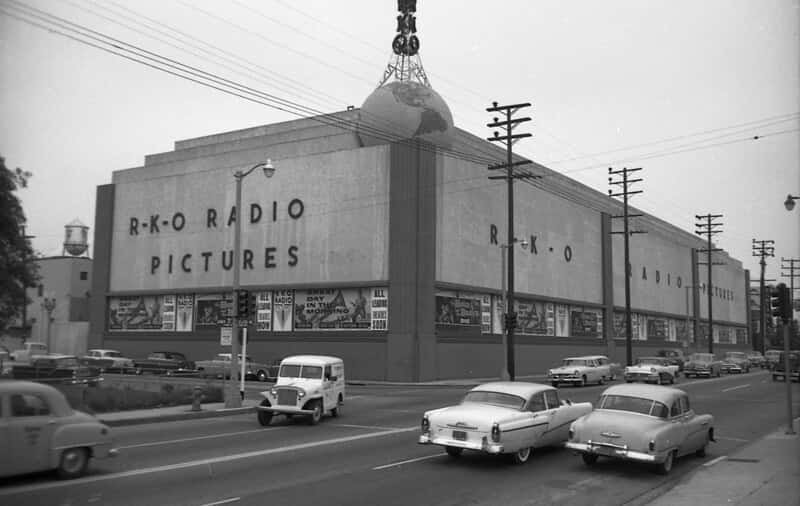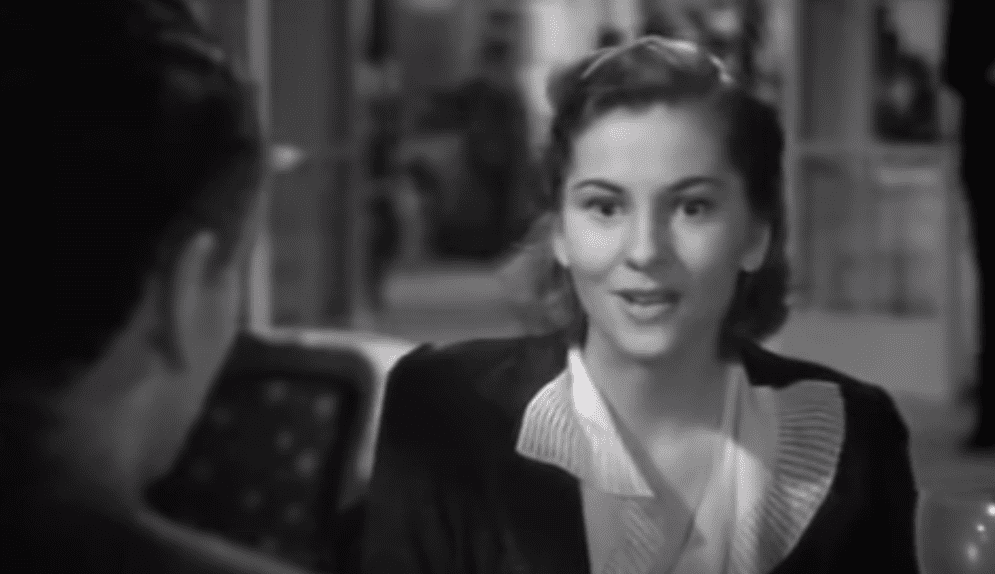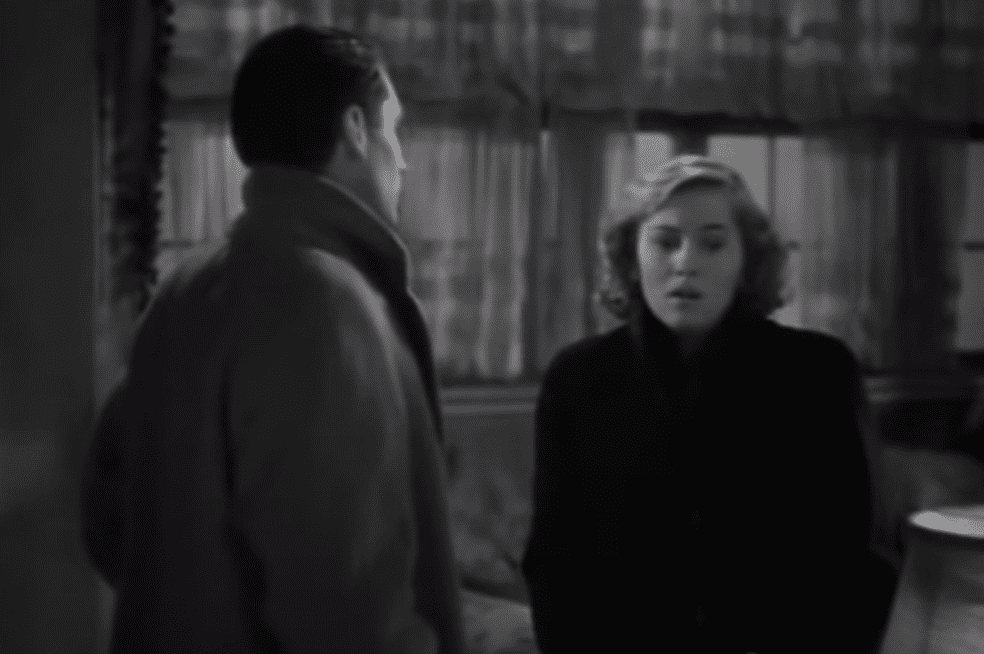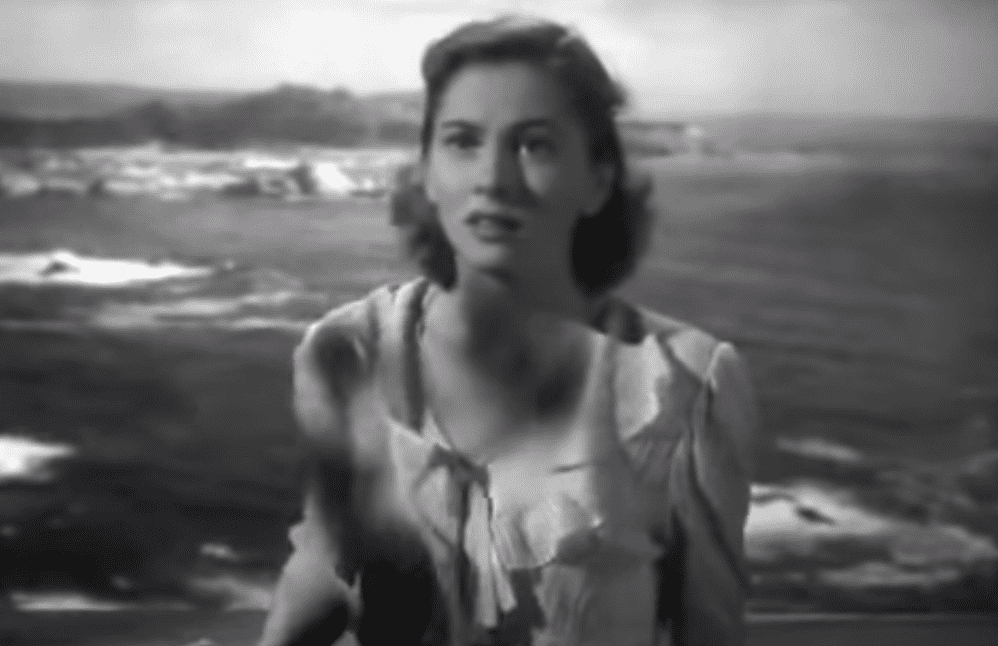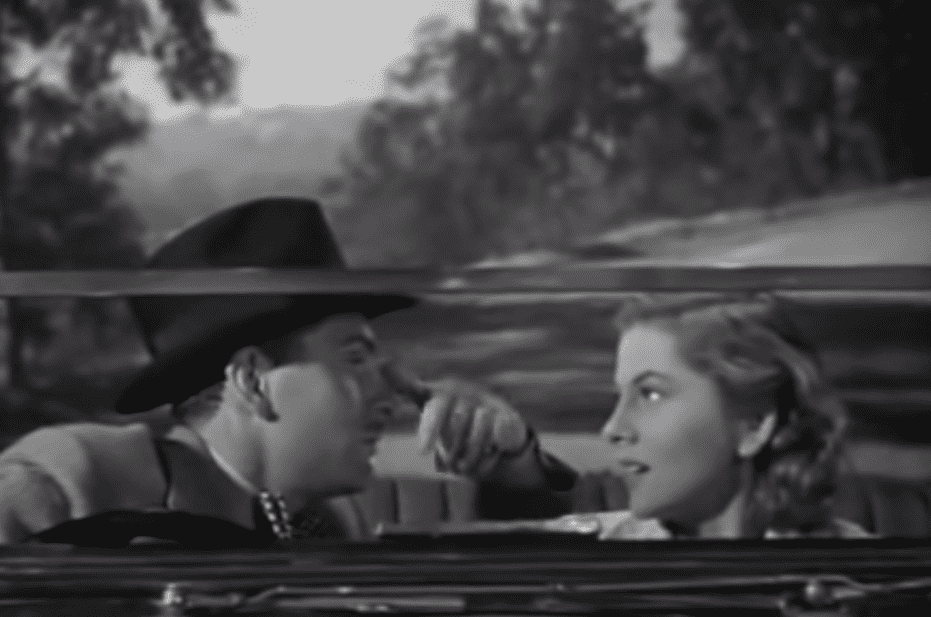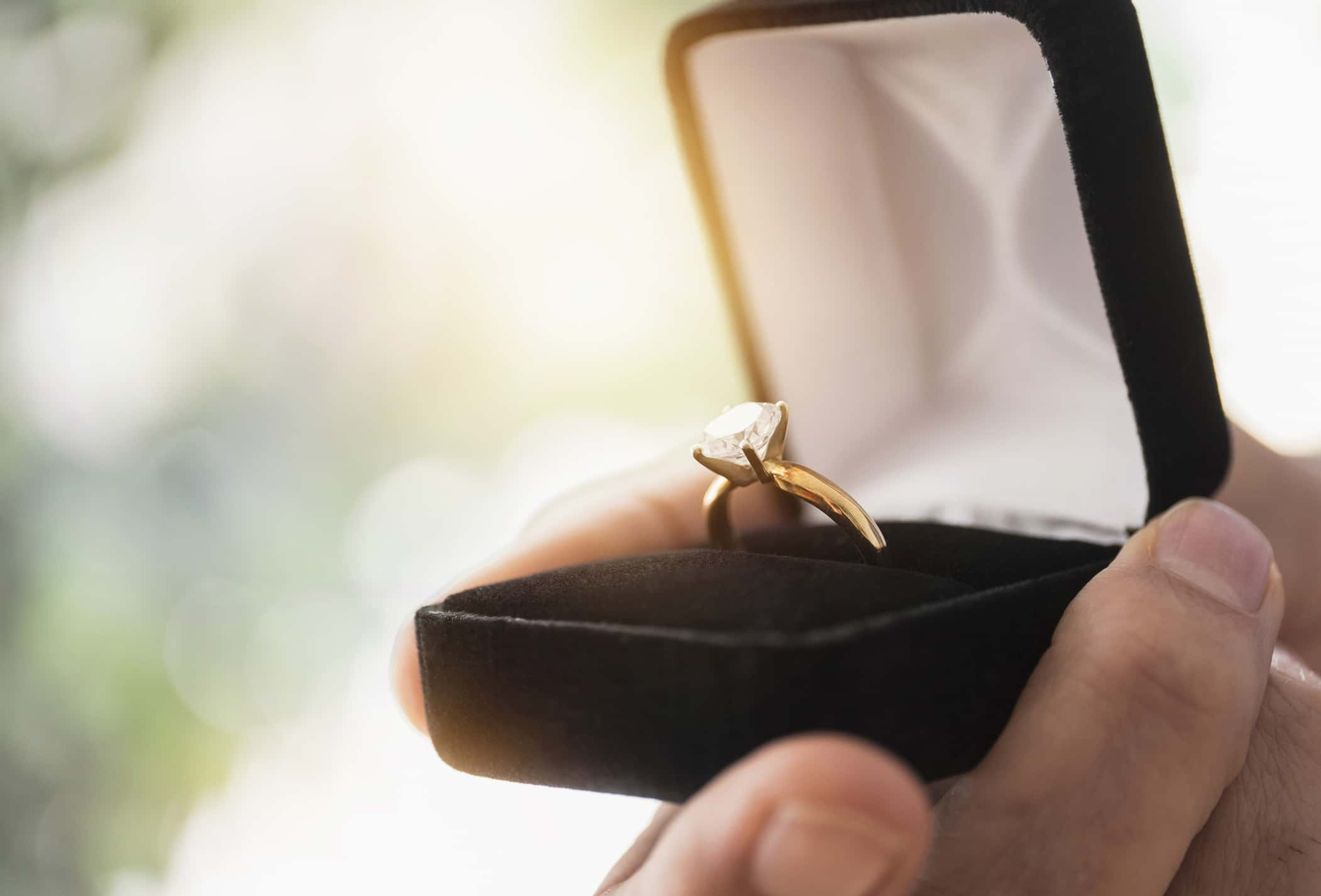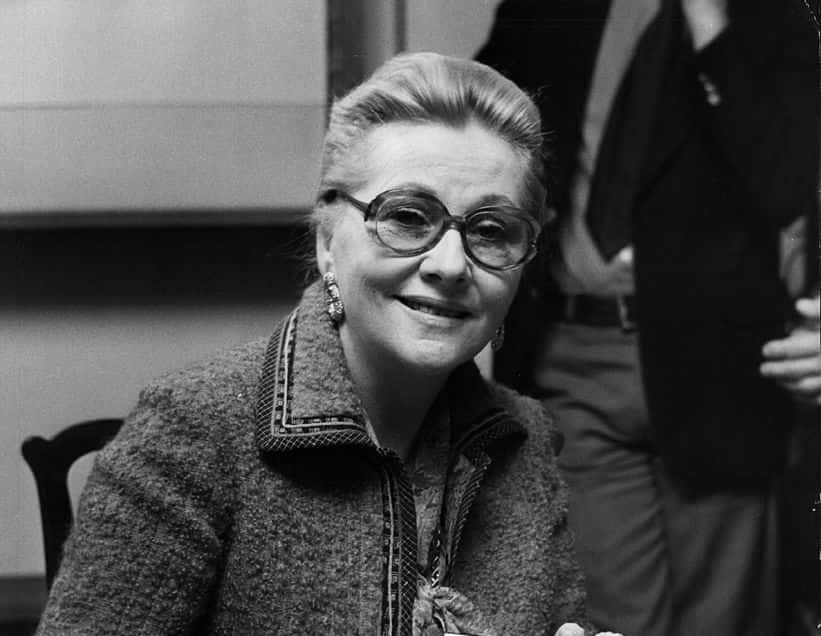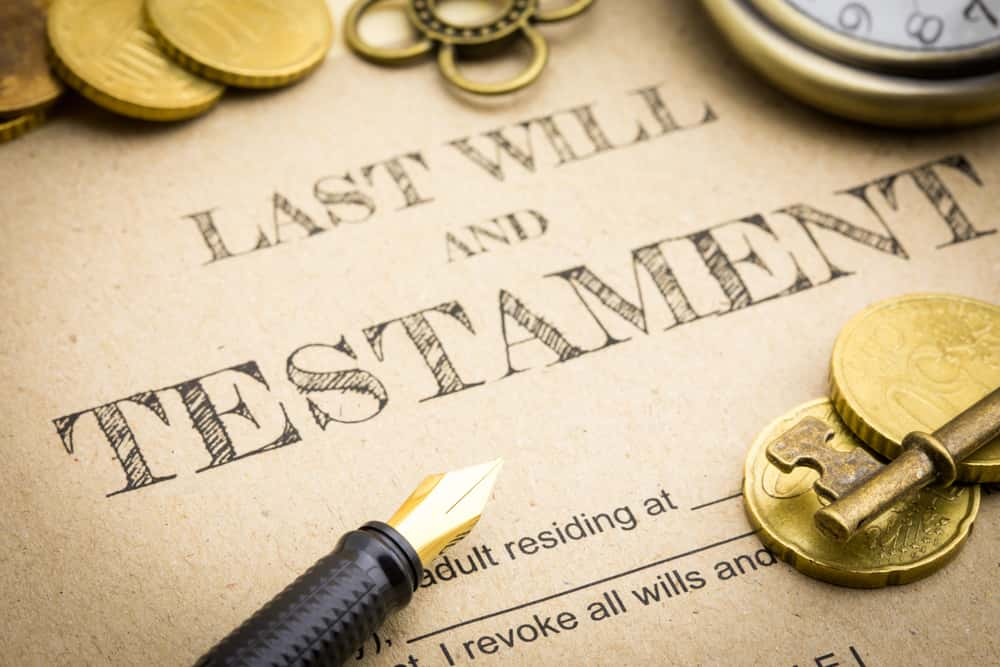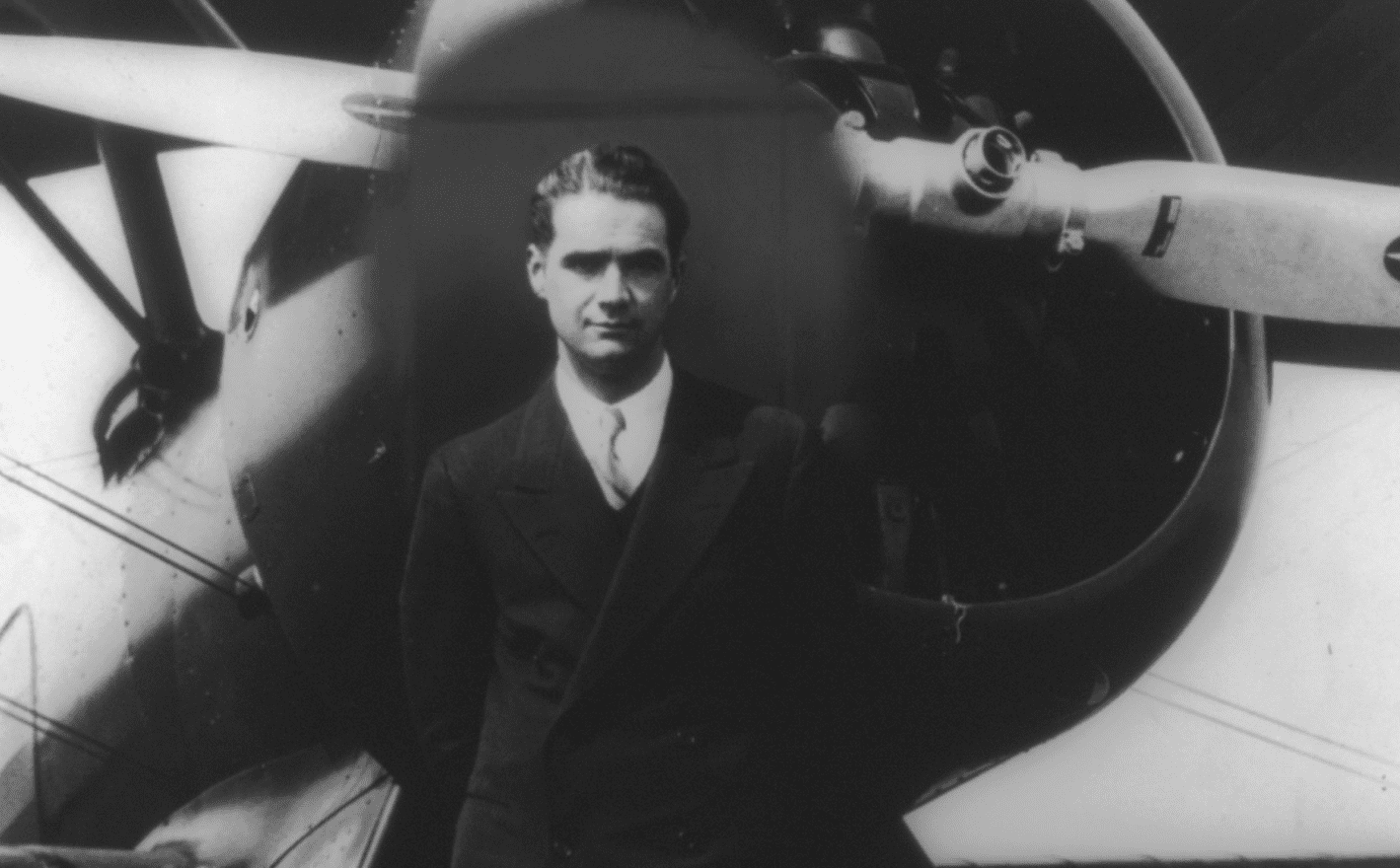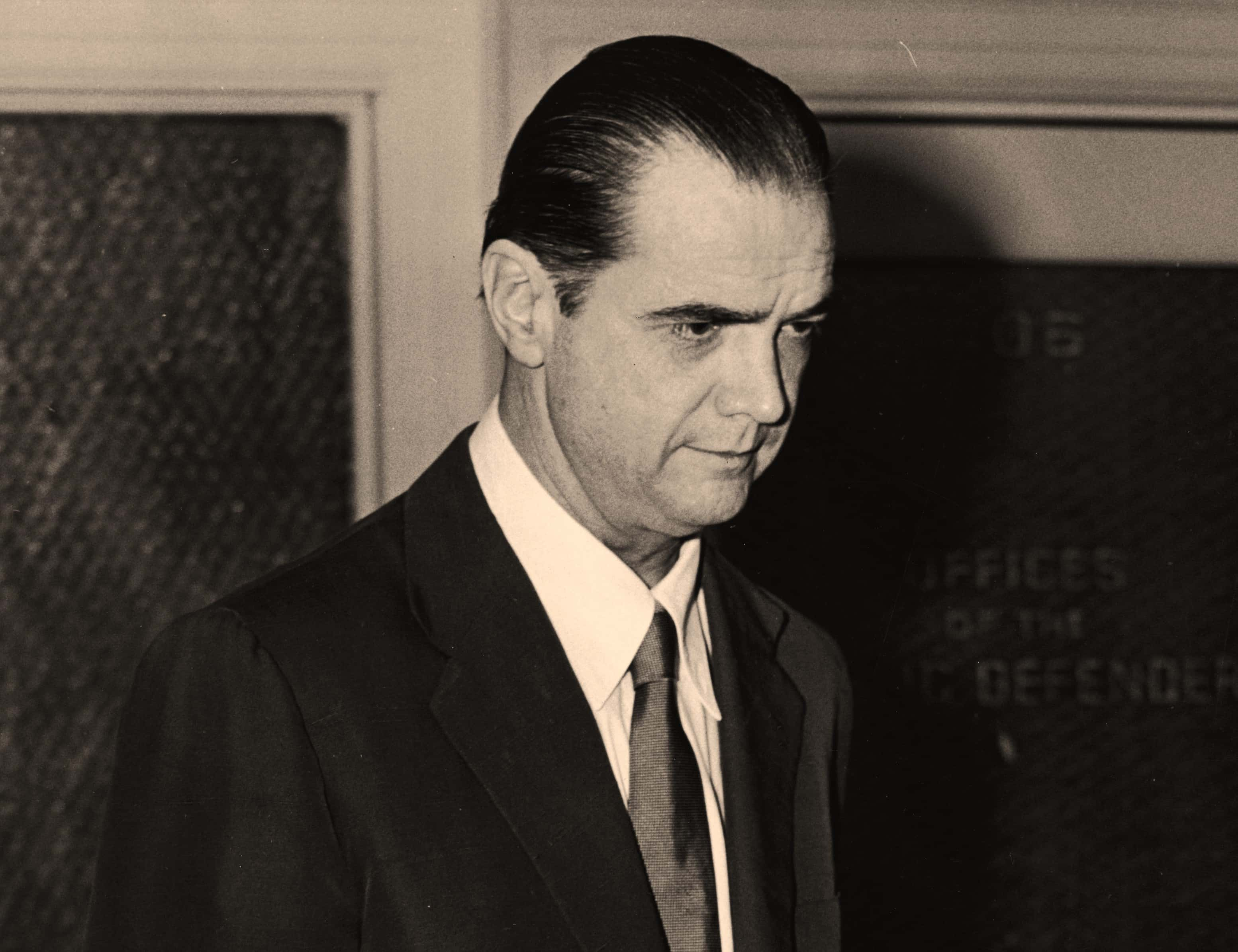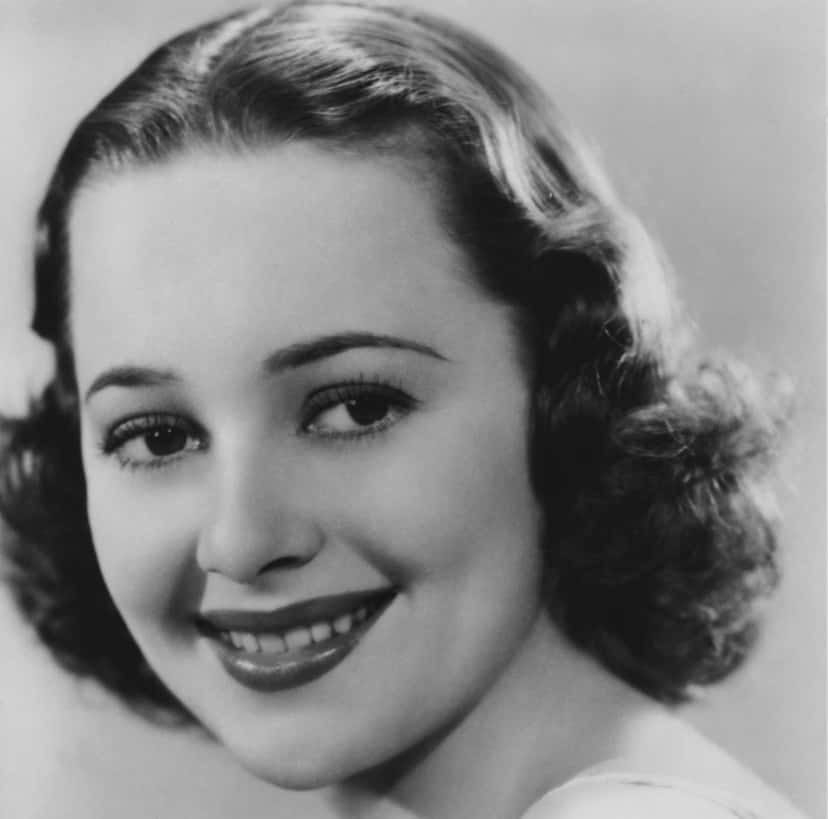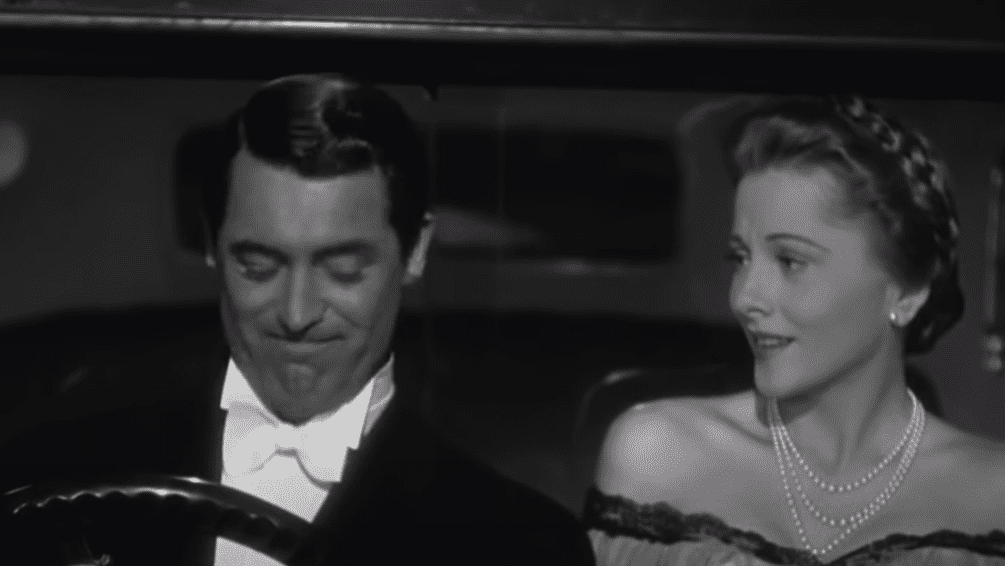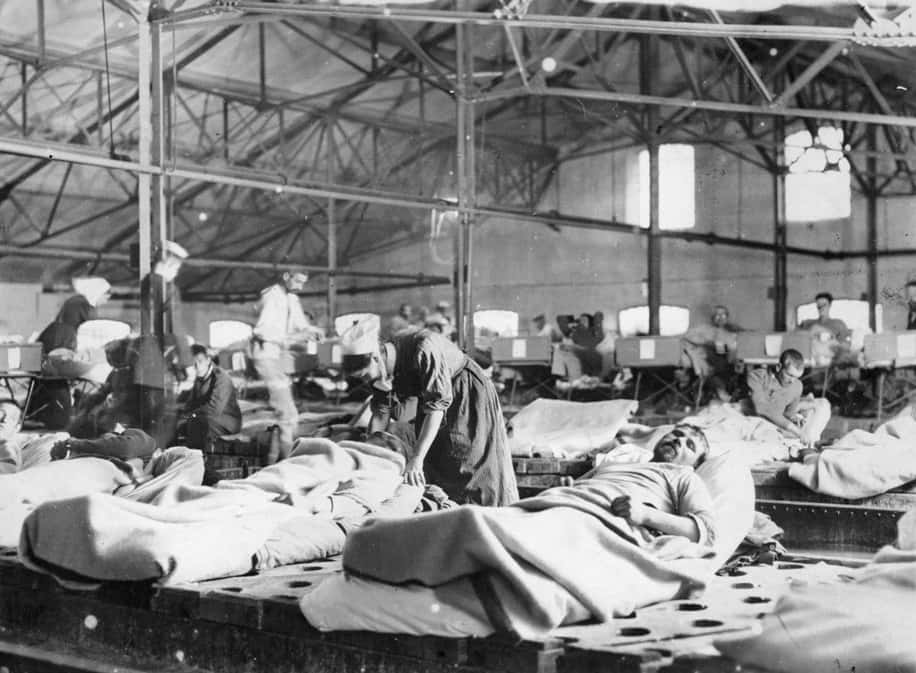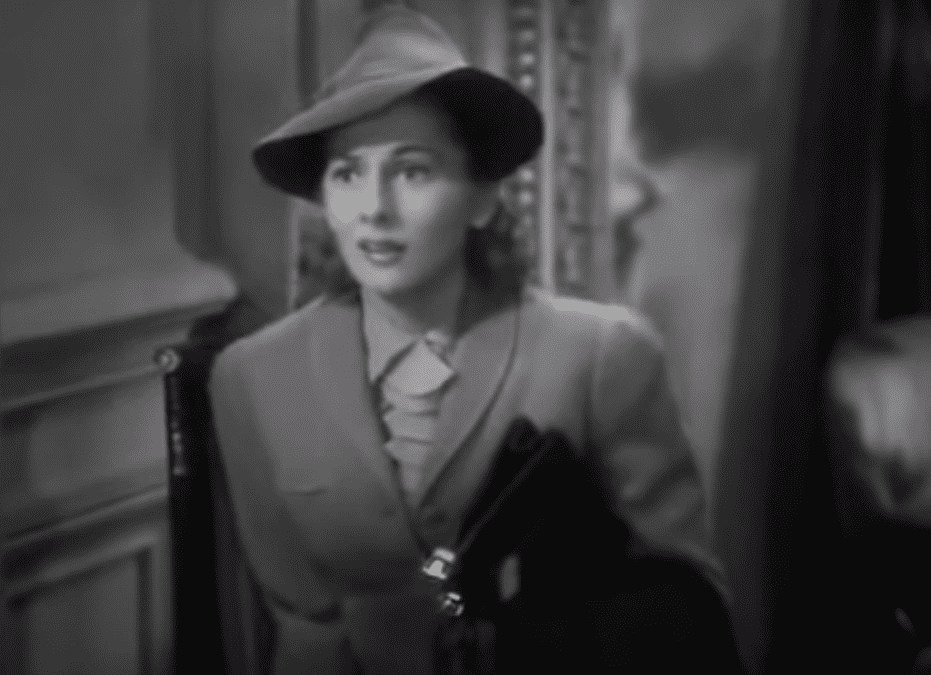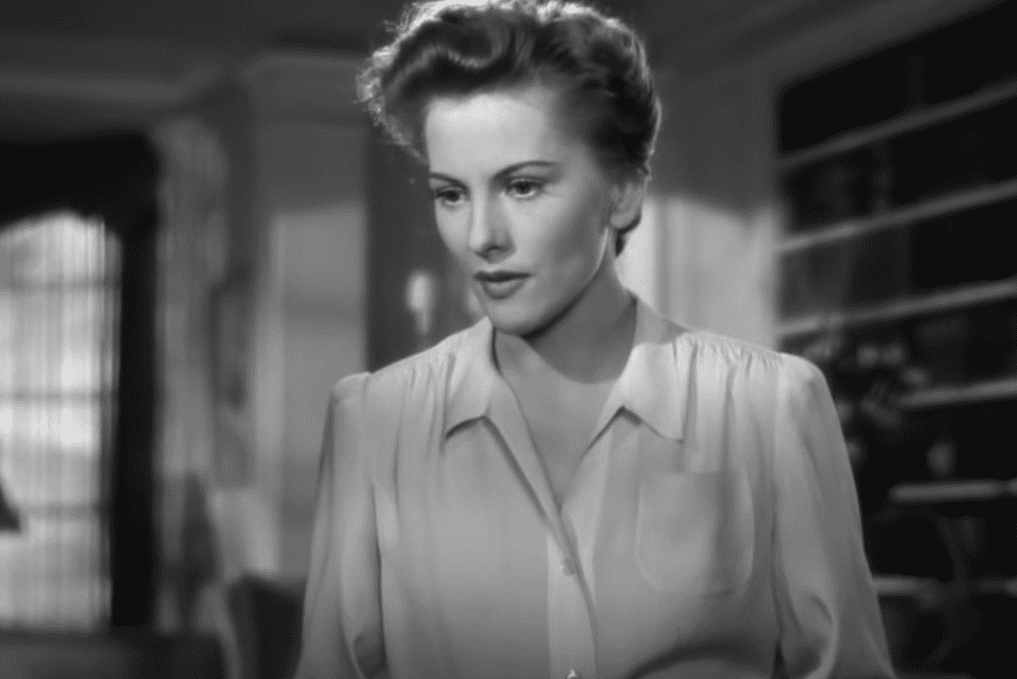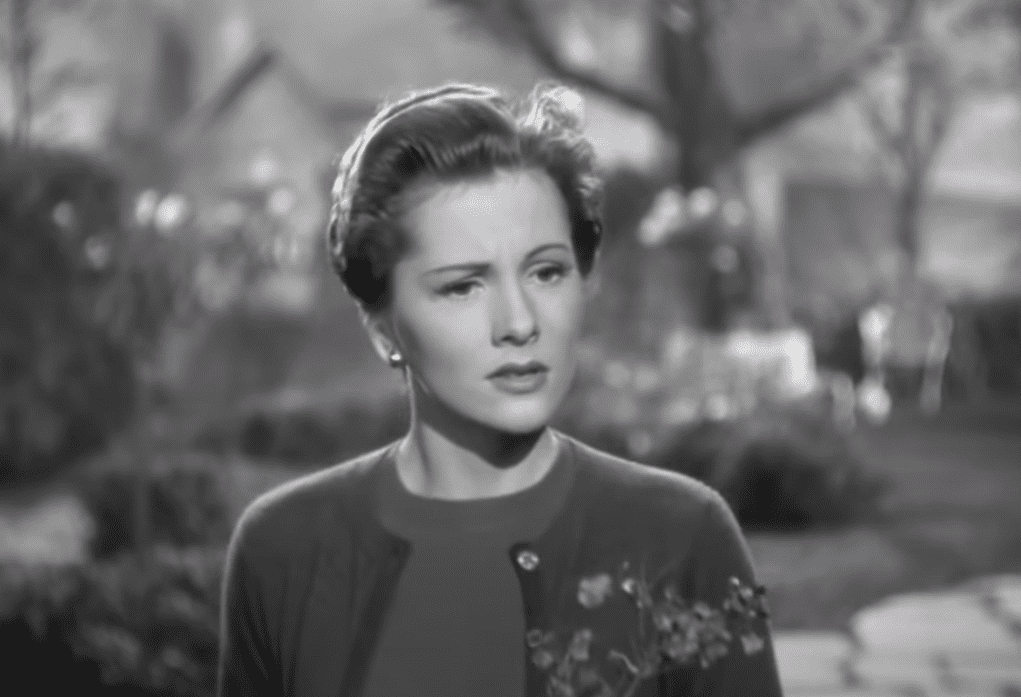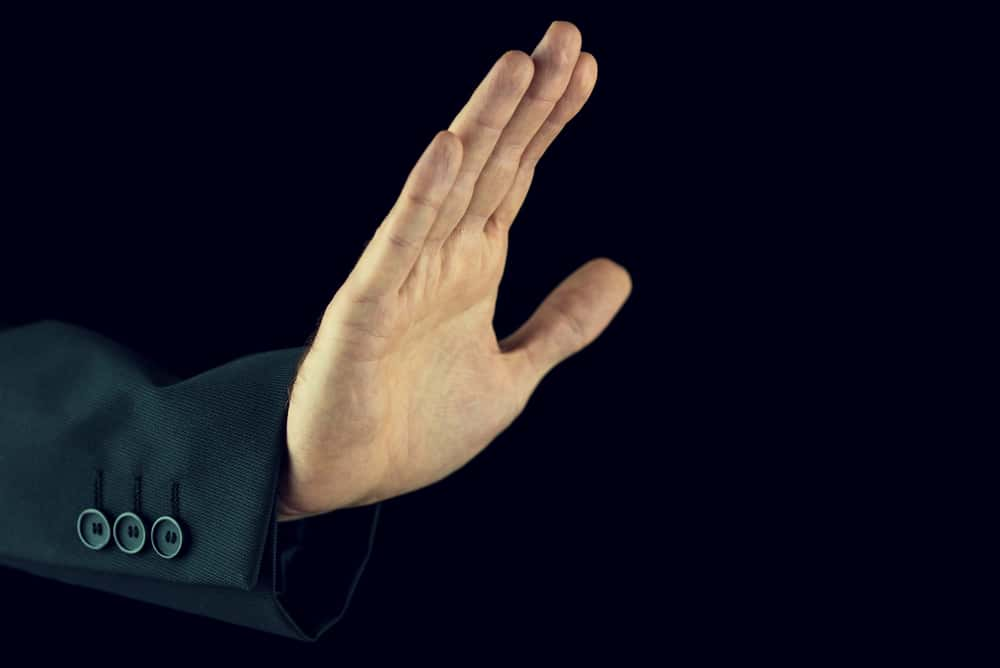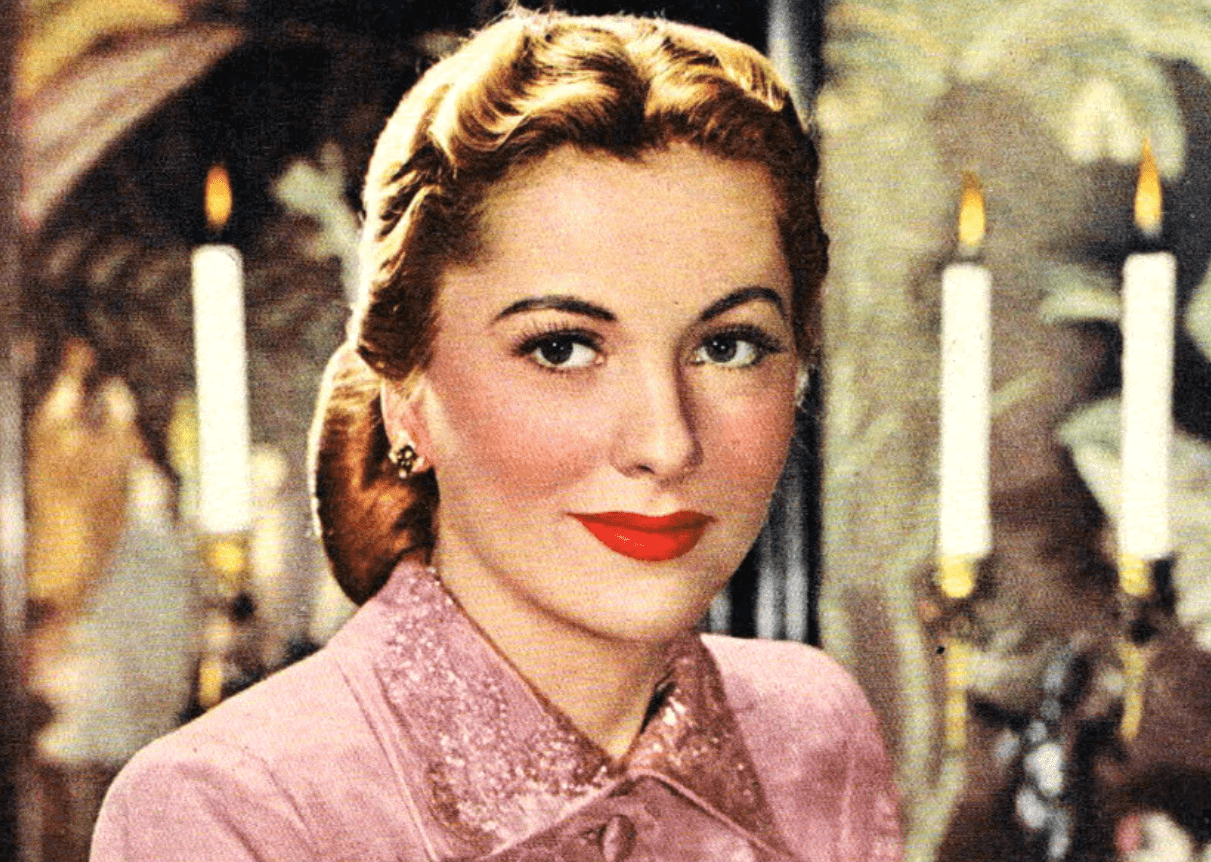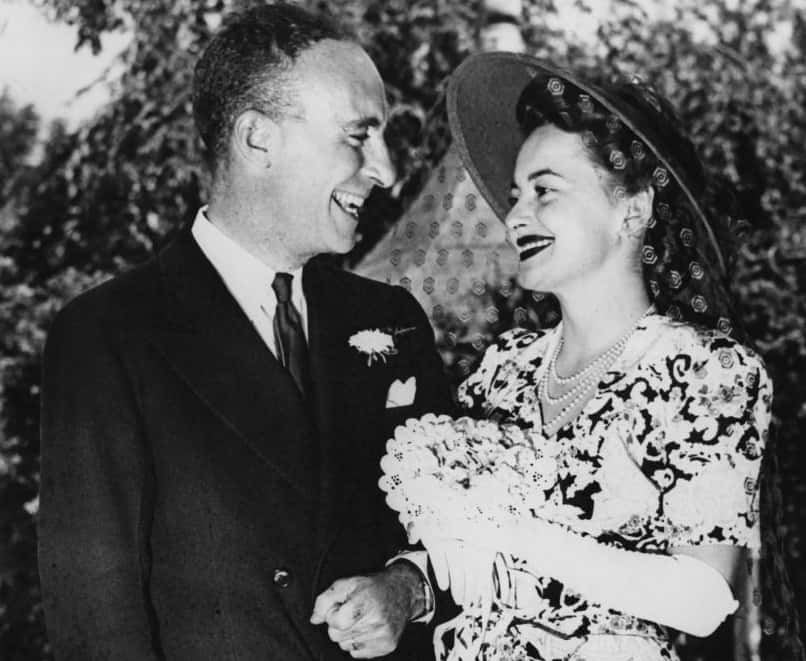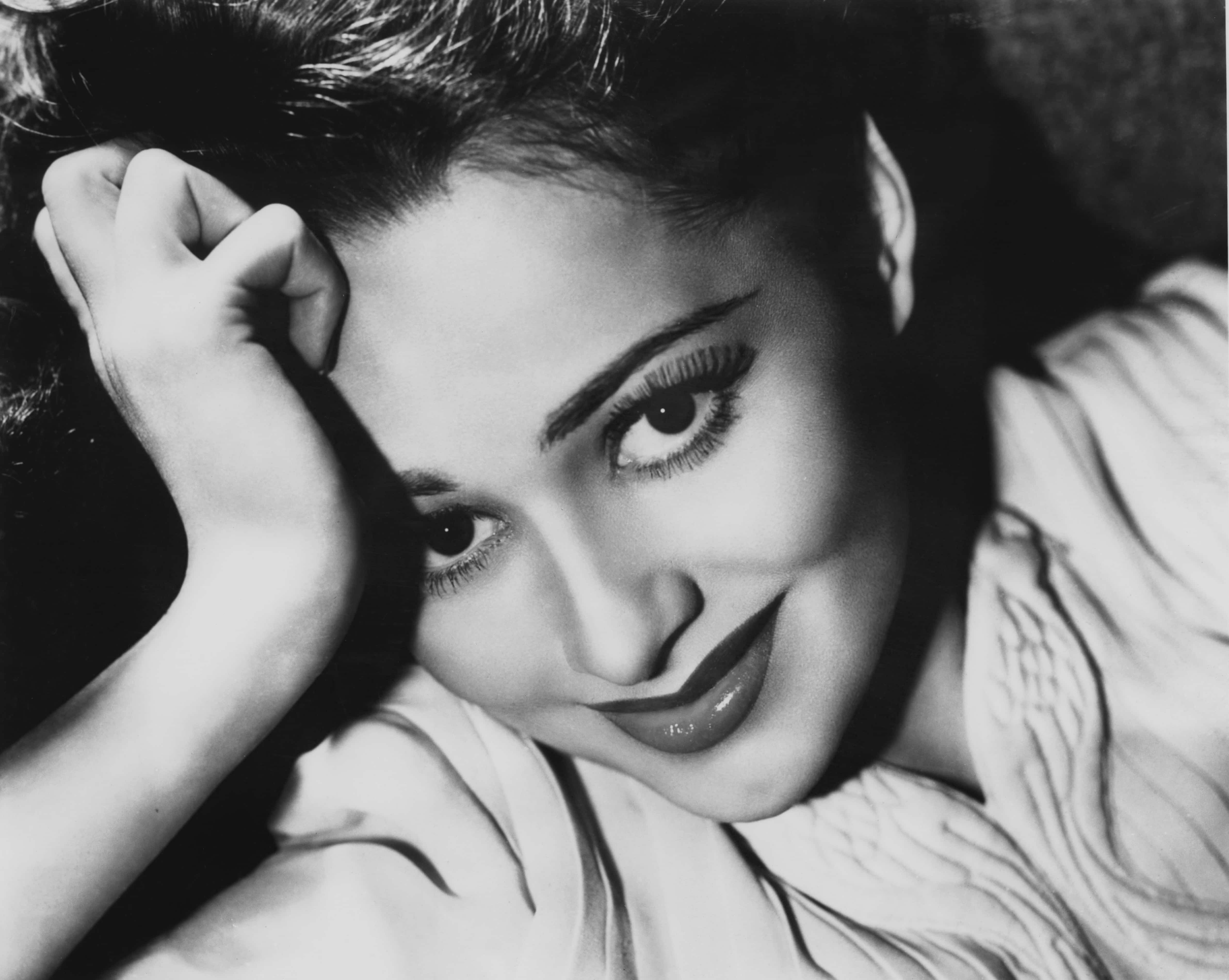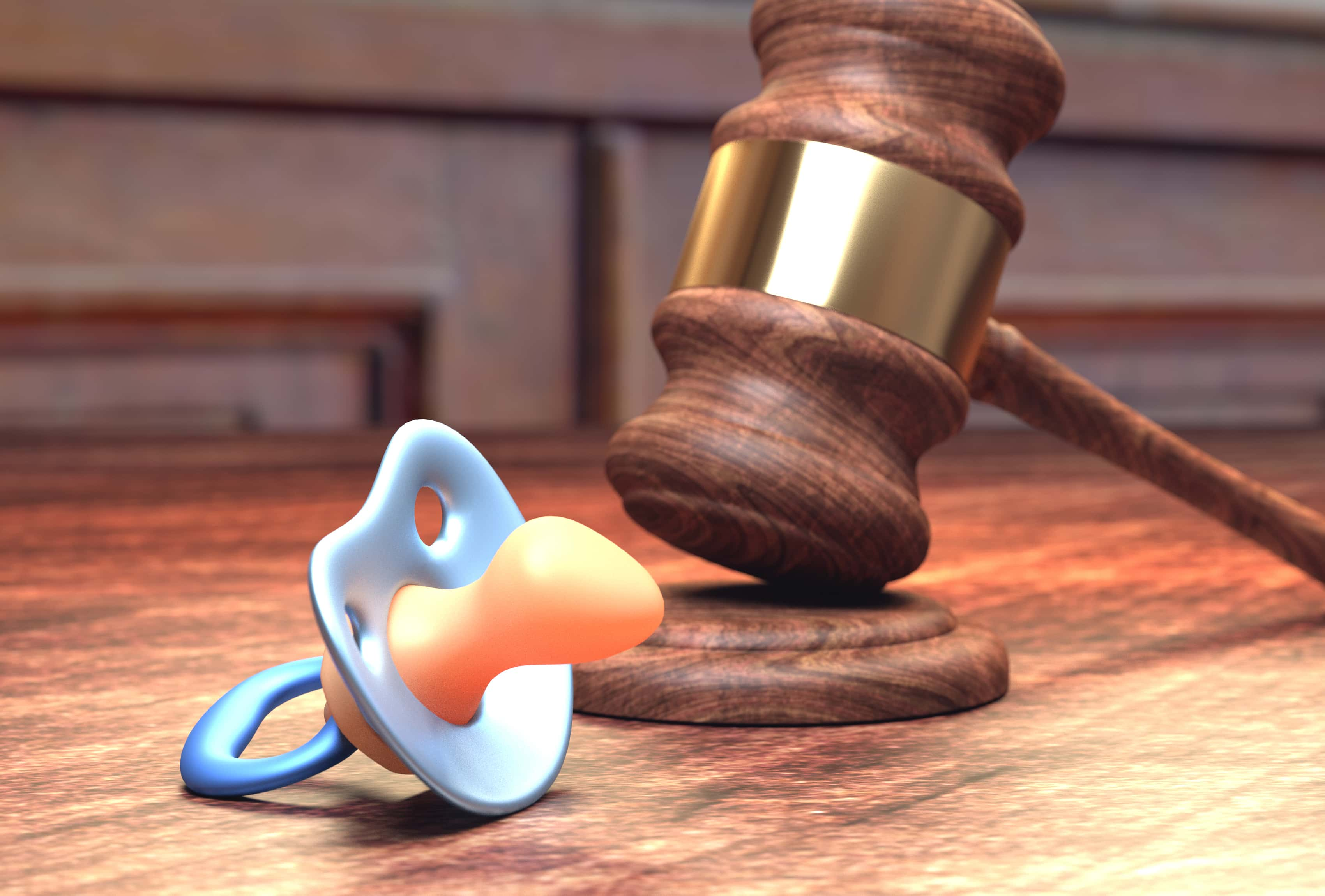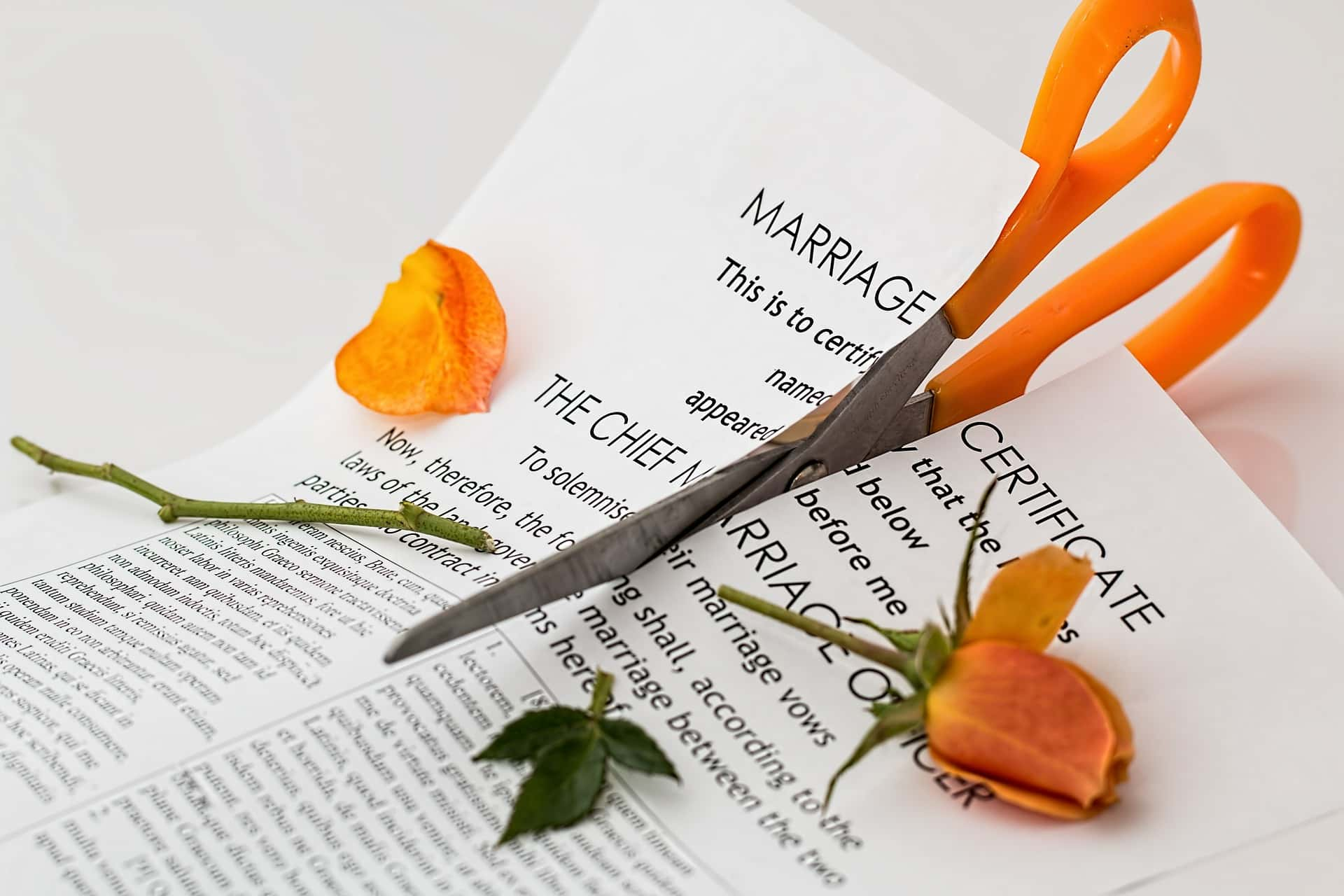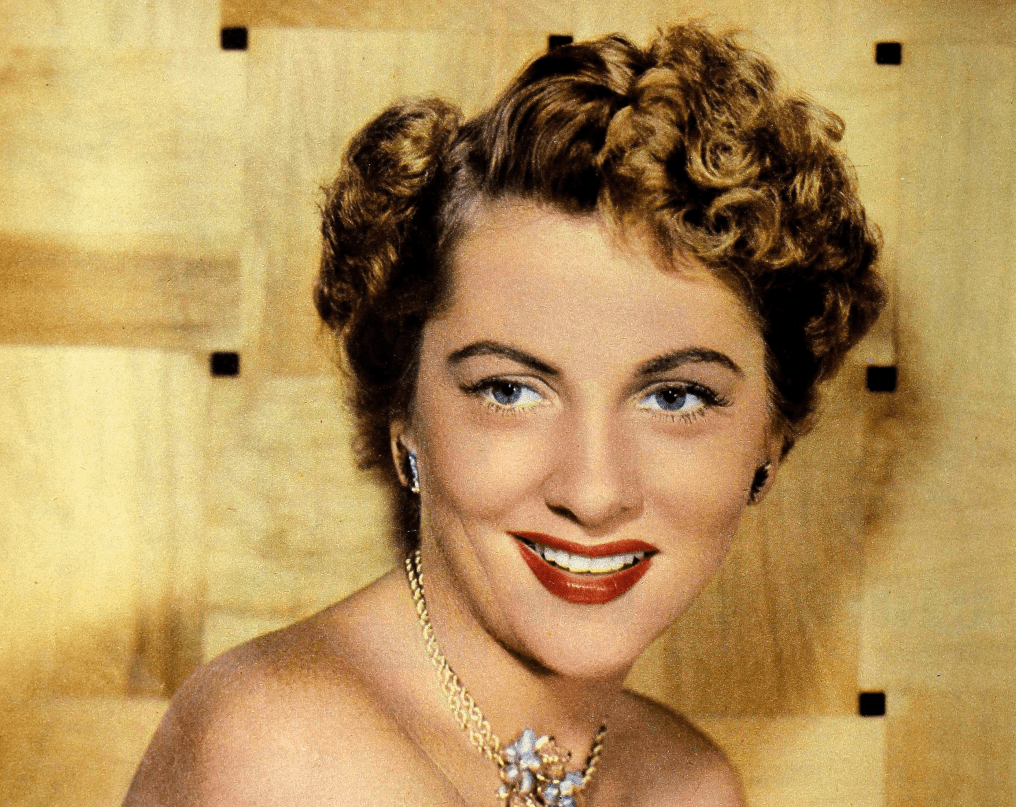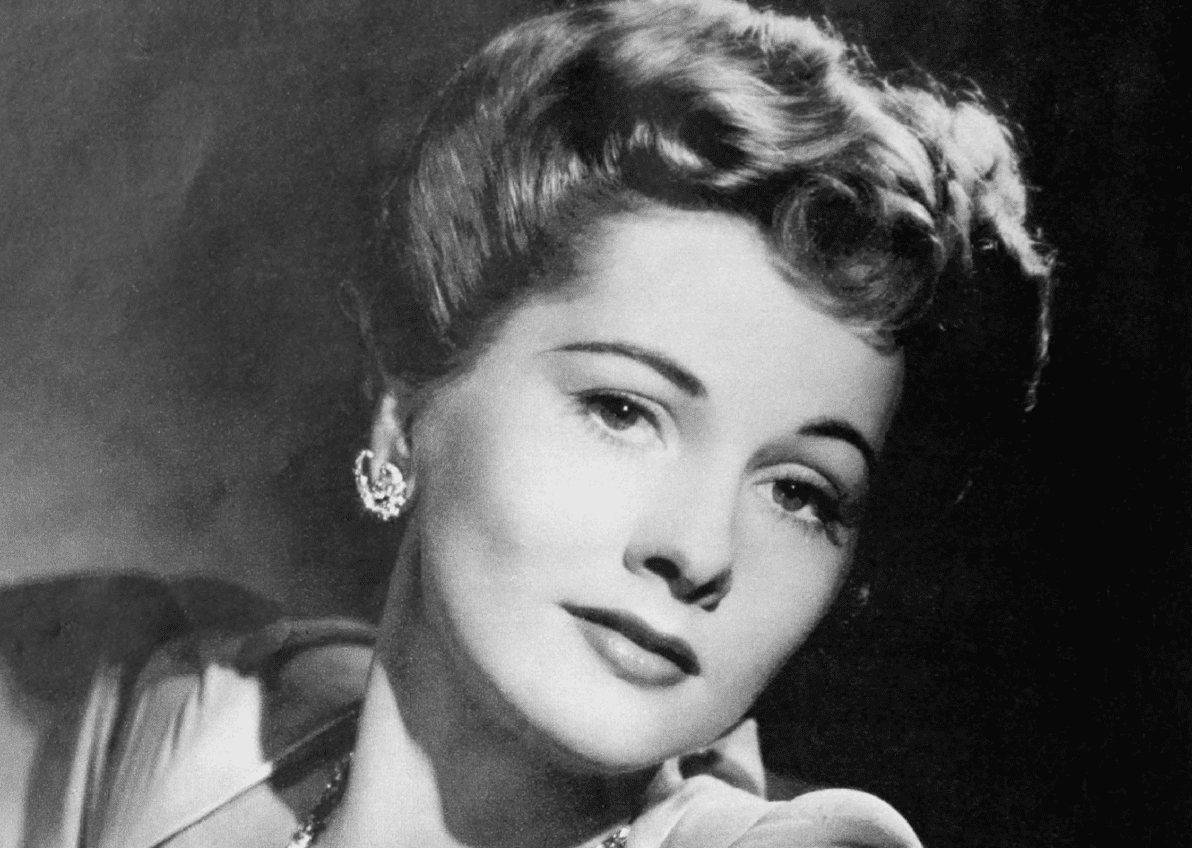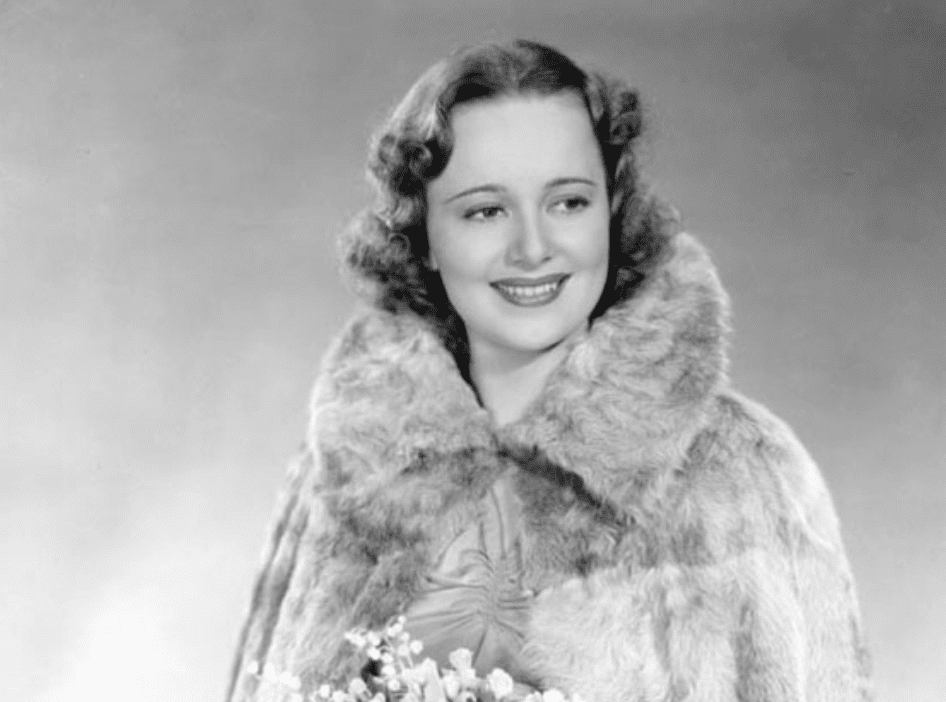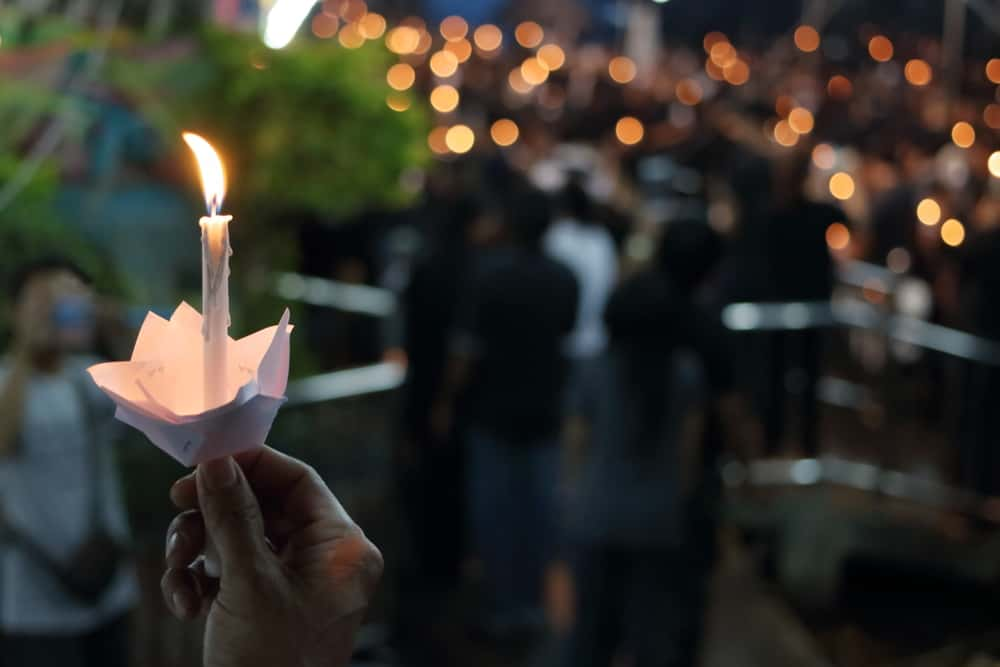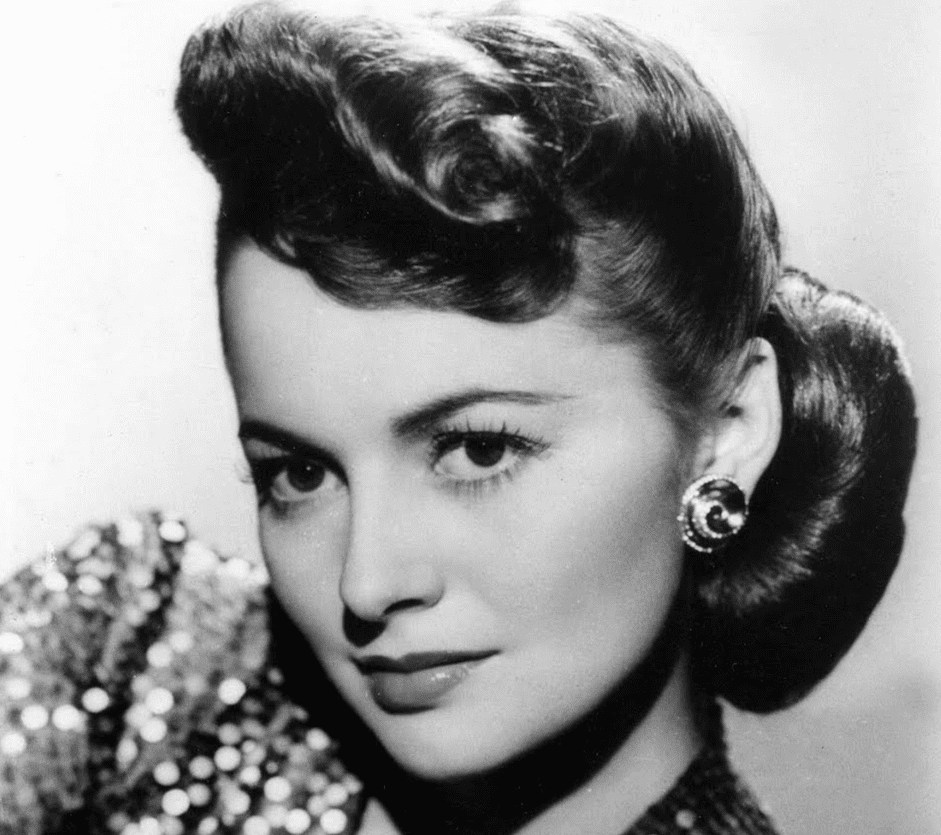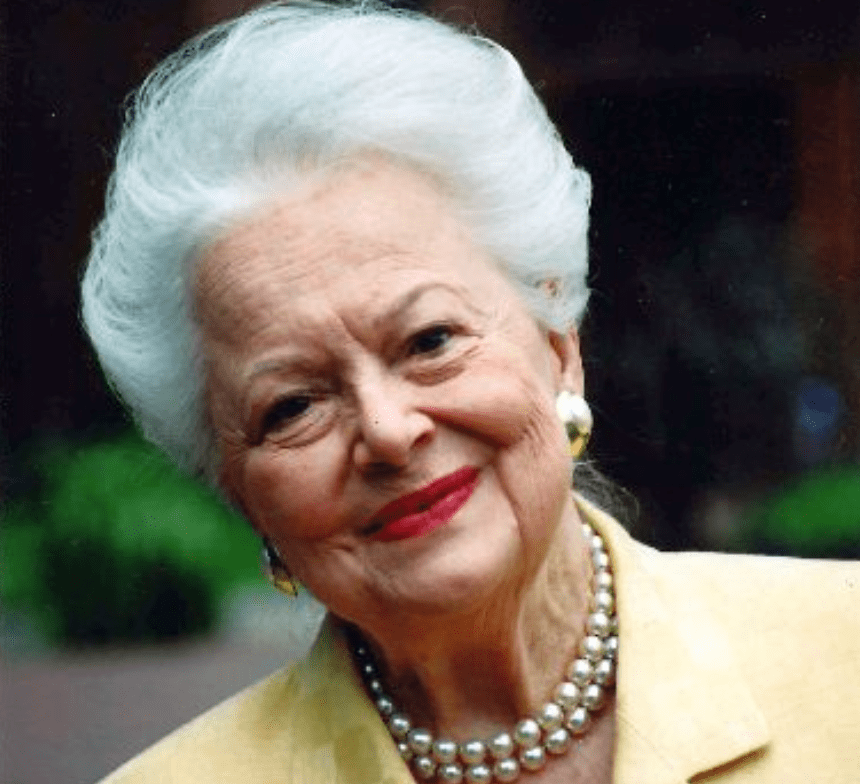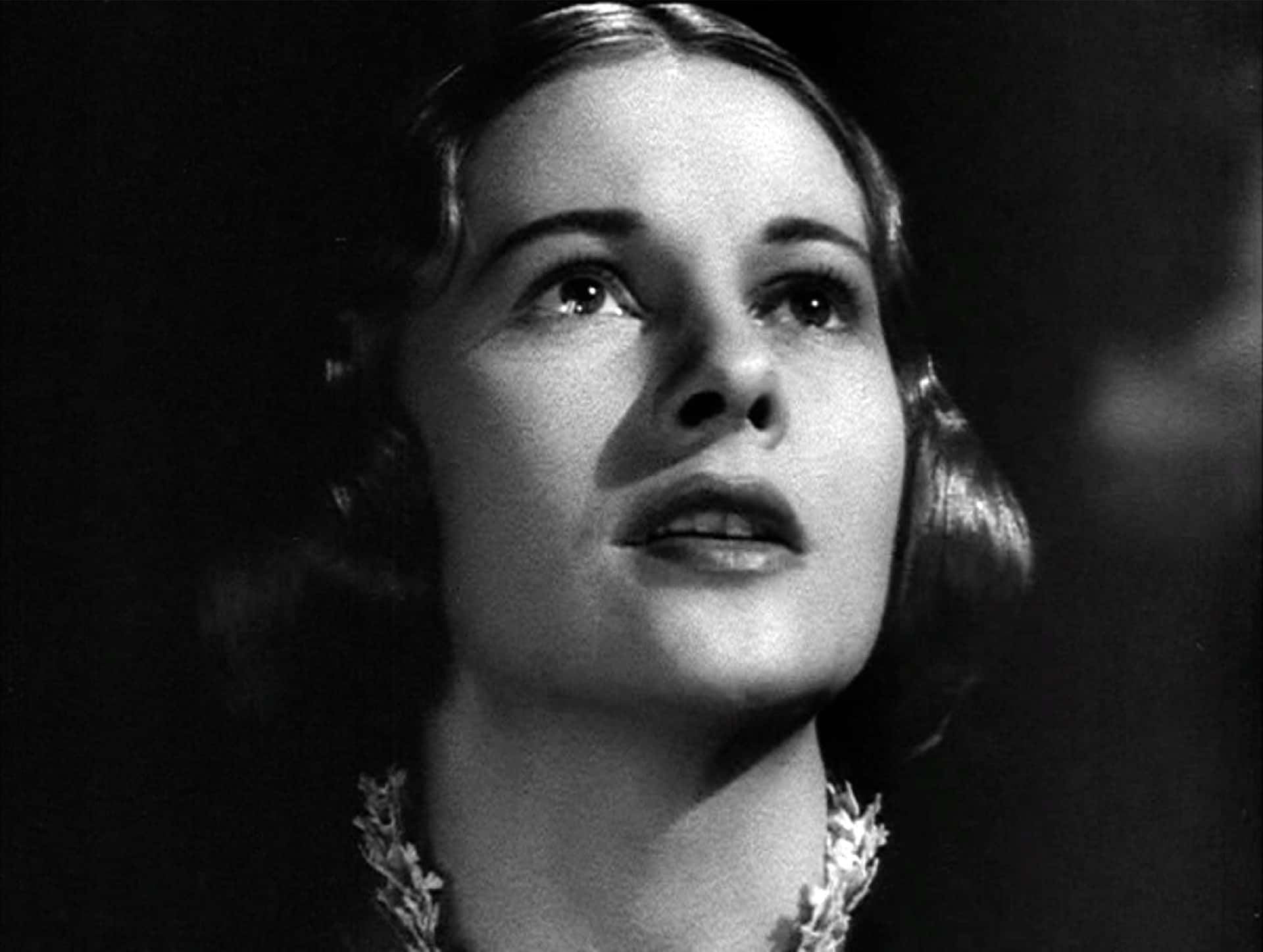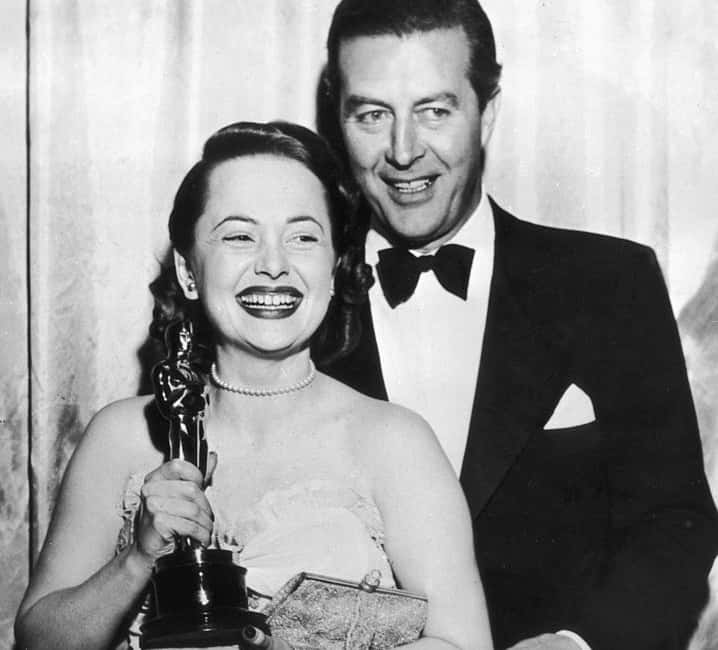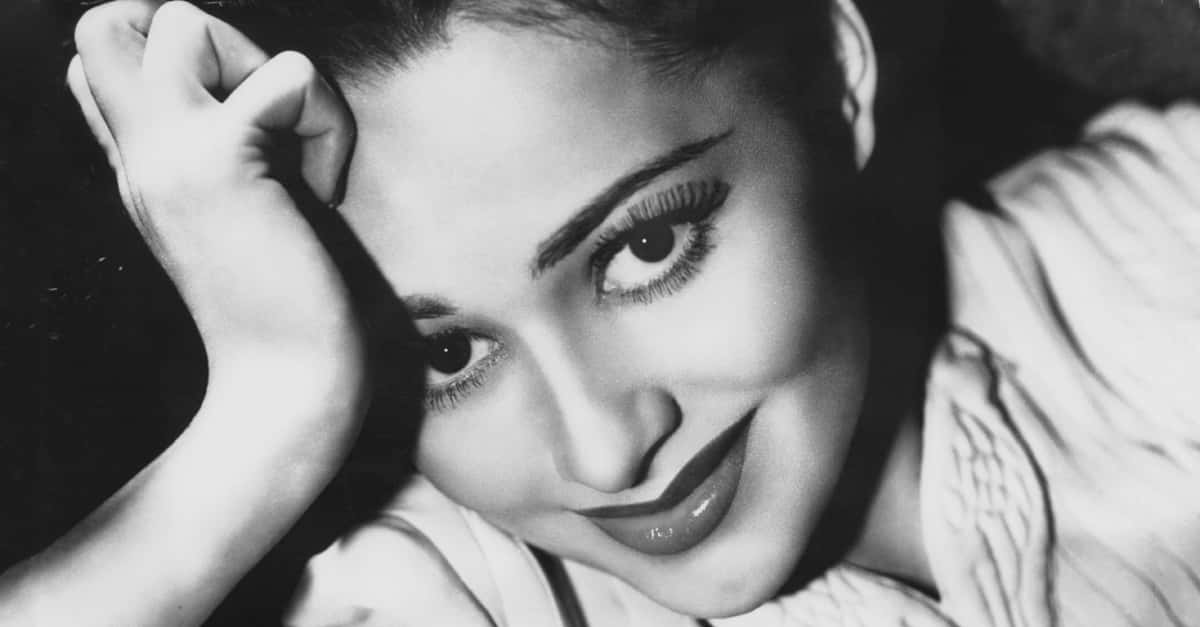In the history of sibling rivalry, no one quite reached the heights of Old Hollywood starlets—and sisters, of course—Joan Fontaine and Olivia de Havilland. In the same way that de Havilland overshadowed Fontaine, their explosive feud eclipsed both of their careers in Hollywood. For Fontaine, it wasn’t all bad blood—she also saw her fair share of heartbreak and scandal in her lifetime. Buckle in for these facts about Joan Fontaine, the girl who was born to be bad.
1. The Feud Between Sisters Was Notorious
So, first things first—why did Joan Fontaine and Olivia de Havilland have different family names if they were sisters? The story is actually one of heartbreaking betrayal. De Havilland was older by a year, and was the first to become an actress. When Fontaine decided to follow in her sister’s footsteps, it was actually their mother who stepped in.
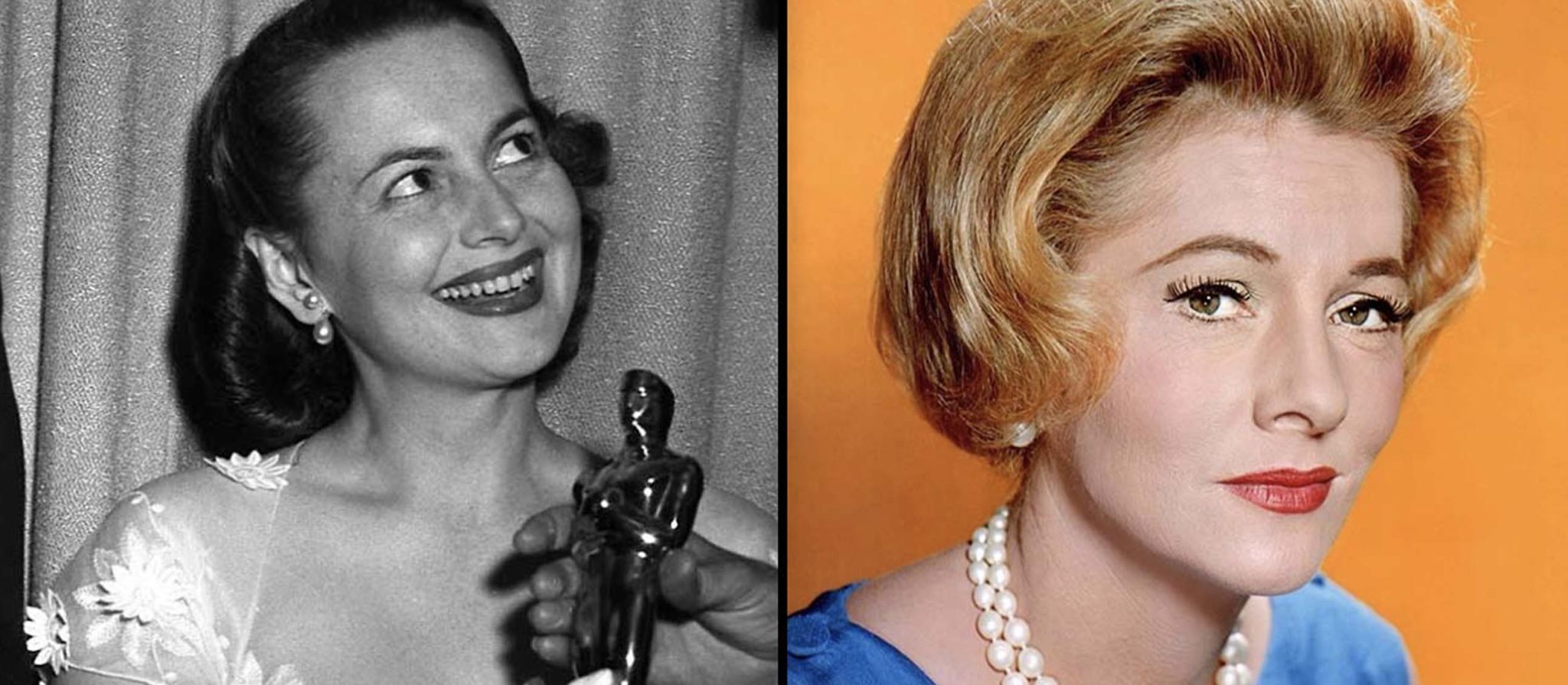
2. Their Mother Made Their Feud So Much Worse
It’s said that the girls’ mother, Lilian Augusta Ruse de Havilland Fontaine, wouldn’t let young Joan use the de Havilland name, even telling Joan that she couldn’t work with Warner Bros., as it was "Olivia’s studio". Why drive the wedge between them? It’s long been rumored that she preferred Olivia over Joan—sparking a lifelong rivalry between the sisters.
After her mother forbade her from using her own family name, Joan went by Burfield at first, before eventually settling on Fontaine, after her stepfather.
3. Her Mother Had a Plan of Her Own
Fontaine’s mother had been an actress, and when both her daughters became famous, she returned to the profession. In a surprising twist, she chose to be billed as "Lillian Fontaine"—and actually appeared onscreen alongside her less-favored daughter Joan in two different films.
4. Her Father Hid a Shocking Secret
Fontaine was actually born in Tokyo, Japan, where her father, Walter de Havilland, worked as a university professor. However, when Fontaine was just a small child, all her father’s dark secrets emerged—and they tore the family apart. Lillian discovered that he’d been using the services of geishas for years.
5. She Had a Miserable Childhood
The infamous feud between sisters was exacerbated by the very different childhoods that they led. While Olivia was healthy and vivacious, Joan was plagued by illnesses. After surviving meningitis and a streptococcal infection—both quite dangerous for a girl her age—she became anemic. The family made the decision to move Joan somewhere where she could recover.
They had their sights set on England, but it wasn’t meant to be...
6. Their Journey Toward Their New Home Was Perilous
Olivia came down with tonsillitis during the long journey by boat from Japan to San Francisco. The family stopped there so that she could recover, only to be hit by another setback: Joan contracted pneumonia. They were stuck in California, but they made the most of it. They decided to stay, settling in a town near San Francisco called Saratoga—but the happy family wouldn’t stay that way for long.
7. Her Father Betrayed Them
It was while they were in California that Walter de Havilland heartlessly abandoned his family, leaving them for his Japanese housekeeper, Yuki Matsukura, in 1919. This was the final straw in the marriage between Walter and Lillian, and they divorced. He went on to marry Matsukura after the divorce finalized in 1925.
8. The Cure Brought Other Troubles to the Fontaines
Despite the fragmentation of their family, California worked wonders when it came to the recoveries of both Joan and Olivia. By the time that Joan was a teenager, there remained barely a shadow of the sickly child that she’d been. She was doing so well, in fact, that she ended up going back to Japan to live with her father and finish high school there.
9. Her Acting Career Inflamed Her Family Dynamic
While Joan had been in Japan, Olivia had been appearing in plays in California. So when Joan returned stateside in 1935, she immediately began acting as well, first in a production of Call It a Day and then in the film No More Ladies. As previously mentioned, this did not go over well with Olivia or with the girls’ mother—but no one could’ve predicted just how vicious their feud would get over the next few years.

History's most fascinating stories and darkest secrets, delivered to your inbox daily.
10. Her Career Took Off—Only to Tragically Stall
On the basis of just a few roles, Fontaine was given a contract with RKO Pictures, who began grooming her to make her one of their big stars—but you can’t always get what you want in Hollywood. While she saw some success with smaller parts, every time she was given a lead role, the film was a flop. This went on for four years, until one night changed her entire life forever.
11. She Suffered Heartbreaking Consequences When Her Films Failed
One of Joan’s earliest roles with RKO was in the musical A Damsel in Distress, in which she starred alongside Fred Astaire. The film was supposed to be a sure hit for everyone involved, but it turned out to be an all-around failure and disappointment—including for Fontaine, who overheard utterly harsh criticism from an audience member at the premiere.
A woman apparently blurted out, "Isn’t she awful!" when Fontaine was in earshot.
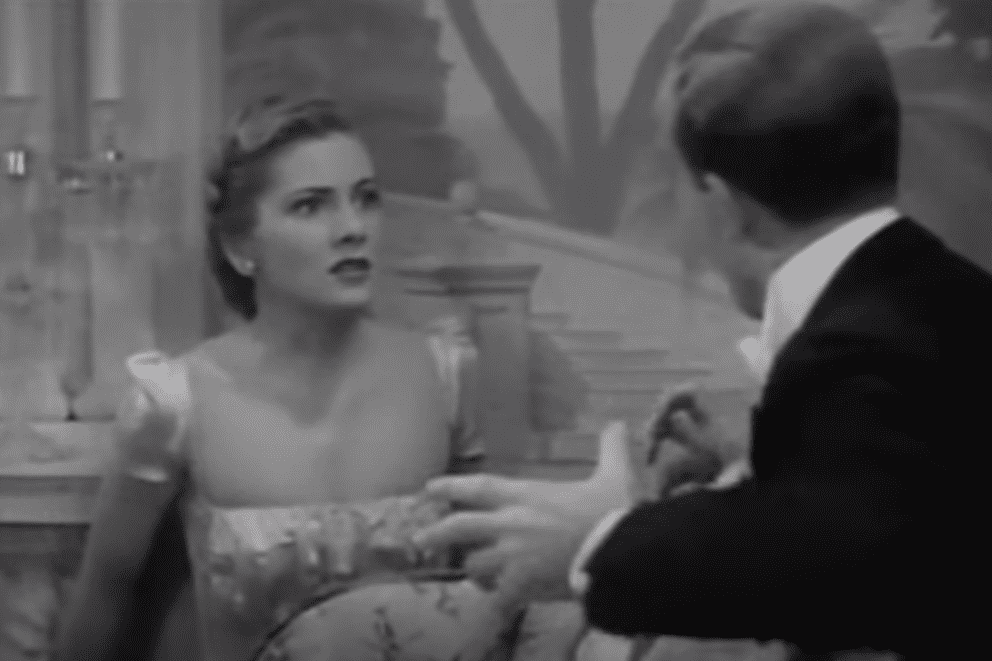 A Damsel in Distress,RKO Pictures
A Damsel in Distress,RKO Pictures
12. One Meeting Changed Her Life
Fontaine ended up sitting next to one of the most powerful men in Hollywood one night at a dinner party—producer David O. Selznick. The two struck up a conversation about the Daphne du Maurier novel Rebecca—a book that Selznick was working to adapt for the screen. Charmed, he asked her if she’d consider auditioning for the role of the unnamed heroine of the story. However, her big break didn’t come without some blood, sweat, and tears.
13. She Had "Boy Troubles" From Very Early On
Fontaine was married a total of four times throughout her life. While she may not have had the romantic notoriety of an Elizabeth Taylor-type, her wild love life wasn’t just contained to her marriages, and she dated a number of Hollywood actors out of wedlock. When she was just 20 years old, she lost her virginity to actor Conrad Nagel, a man two decades her senior, on a duck hunting trip.
They were talking one evening when he made his move—as Fontaine put it, she was "surprised out of her virginity".
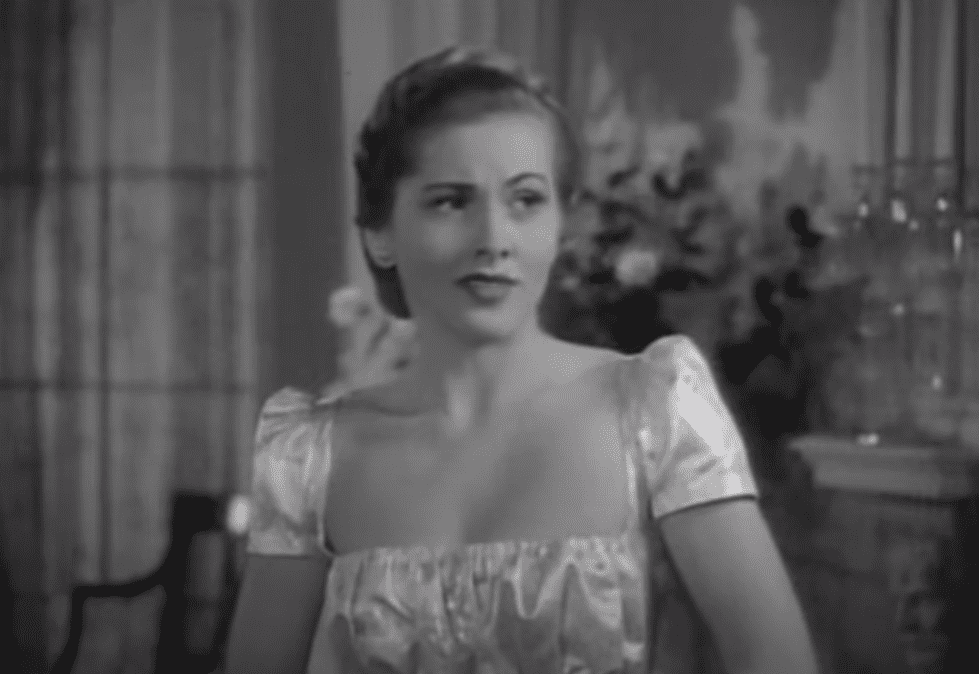 A Damsel in Distress,RKO Pictures
A Damsel in Distress,RKO Pictures
14. She Worked Brutally Hard for Her Breakout Role
The adaptation of Rebecca was one of the most hotly-anticipated projects in Hollywood, and both Selznick and director Alfred Hitchcock were determined to get it right. Fontaine’s track record as a leading lady wasn’t great, so they weren’t sure if she could carry the leading role. They put her through six whole months of screen tests against other actresses before giving her the role.
If she hadn’t been competitive before, it’s easy to imagine she honed that edge during those six months.
15. Things Didn’t Let Up for Fontaine On Set
The tensions on the set of Rebecca were notoriously high. Not only were Selznick and Hitchcock fighting each other for creative control of the film, Fontaine’s co-star, Laurence Olivier, treated her terribly—all for a chilling reason. He had wanted his partner Vivien Leigh to be cast in the role, and when he couldn’t get his way, he took it out on Fontaine.
16. She Found Success at an Incredibly Young Age
After everything that she went through to get the role and make the film, Rebecca was a huge success, and it instantly made a star out of Fontaine. After years of work, she’d finally cemented her place in Hollywood—and it didn’t end there. She was also nominated for an Oscar for Best Actress for her work in Rebecca. She was only 23 years old!
17. Her Love Life Had as Rough a Start as Her Career
Her career wasn’t the only part of her life that was moving full speed ahead at that point in her life. In 1939, she met British actor Brian Aherne and the pair fell in love. He proposed and they set a date to get married—but the night before, she received a devastating phone call.
19. Her First Marriage Almost Never Happened
On the night before their wedding, Aherne let Fontaine know he was backing out of the wedding—but that wasn’t even the worst part. He didn’t even have the courage to do it himself, so he had a friend call Fontaine to give her the bad news. Utterly furious, Fontaine gave him an absolutely legendary reply...
19. She Put Her Future Husband in His Place
Fontaine told the friend to tell Aherne that his timing was terrible and that there was no way he was going to leave her at the altar, so he’d better be there the next day. She finished by saying that they were getting married no matter what, and if it was absolutely necessary, they’d get divorced after. Well, it worked, and the pair were married the next day.
They apparently never spoke of the incident again.
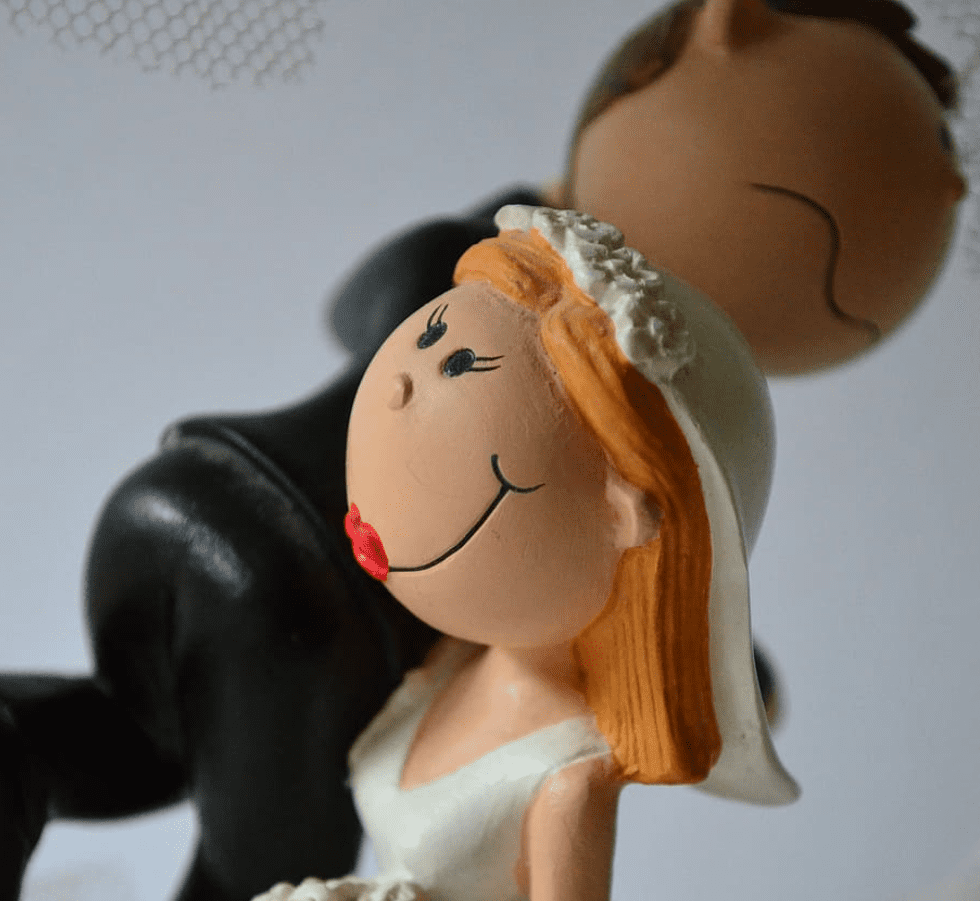 Piqsels
Piqsels
20. Her Marriage Ended in Heartbreak
Fontaine was once quoted as saying, "Too many Hollywood marriages have smashed up because husbands were Mr. Joan Fontaine. That will never happen in our marriage because I am 100% Mrs. Brian Aherne". Regardless of her dedication to their union, it was doomed to a heartbreaking ending. They separated in 1944, just five years after their wedding. The divorce was finalized the next year.
21. She Wrote a Scandalous Tell-All
In 1978, Fontaine released an autobiography called No Bed of Roses. It was a shocking tell-all that laid bare all of her dark secrets about her love life, her time in Hollywood, and her feud with her sister. While de Havilland was famously tight-lipped about their relationship, Fontaine did not hold back in her book—and she reached all the way back into their childhood to examine the roots of their infamous rivalry.
22. She and Her Sister Were Mean Girls
While Fontaine certainly had a sharp tongue, as evidenced by her ultimatum with her first husband, her sister Olivia de Havilland was just as cutting. When she was just nine, de Havilland wrote out a "will" that read "I bequeath all my beauty to my younger sister Joan, since she has none". As far as kid burns go, that’s a pretty serious one.
23. She Met Her Fair Share of Hollywood Creeps
Like so many starlets, Fontaine had a chilling brush with then-playboy and future creepy hermit Howard Hughes—but she was appalled by much more than just his bad reputation. Her sister had actually been the one with designs on Hughes, and one night at a party, he shook off de Havilland in order to make a move on Fontaine.
She was utterly repulsed, and sadly, it only worsened her relationship with her sister.
24. Men Drove a Wedge Between Her and Her Sister
After Fontaine rejected Hughes, she went to tell de Havilland about what he’d done, even showing her the note that he’d given her with his phone number. Instead of getting mad at Hughes, de Havilland became furious with Fontaine. But even worse—Hughes proposed to Fontaine two more times after that.
25. Her Feud With Her Sister Had Sinister Roots
When they were just kids, de Havilland would torment Fontaine by reading gruesome scenes from the Bible until her sister screamed. When de Havilland grew out of her clothes and their parents made her hand them down to Fontaine, she would tear them to shreds first. Fontaine would have to sew then back together before wearing them. As Fontaine put it, de Havilland relished in agonizing her.
26. Their Bad Blood Turned Violent
Their childhood unrest turned even more sinister when they were in their teens with one brutal altercation. According to Fontaine, when she was 16 years old, her older sister viciously beat her. De Havilland's violent attack was so ferocious that she wound up breaking Fontaine’s collarbone.
27. An Actress So Nice They Cast Her Twice
Following her success working with director Alfred Hitchcock in Rebecca, Joan Fontaine was cast in his follow-up feature, Suspicion, opposite Cary Grant. The psychological thriller was another slam dunk for Hitchcock and RKO, and garnered a number of Oscar nominations, including another Best Actress nod for Fontaine—but there was just one dark twist.
28. Her Triumphs Were Colored by Darkness
Fontaine’s main competition for the 1942 Best Actress Oscar was none other than her sister, Olivia de Havilland, who had been nominated for the film Hold Back the Dawn. If their relationship had been contentious before, it was here where it turned into a full-on war—and it would only get worse on the night of the awards ceremony.
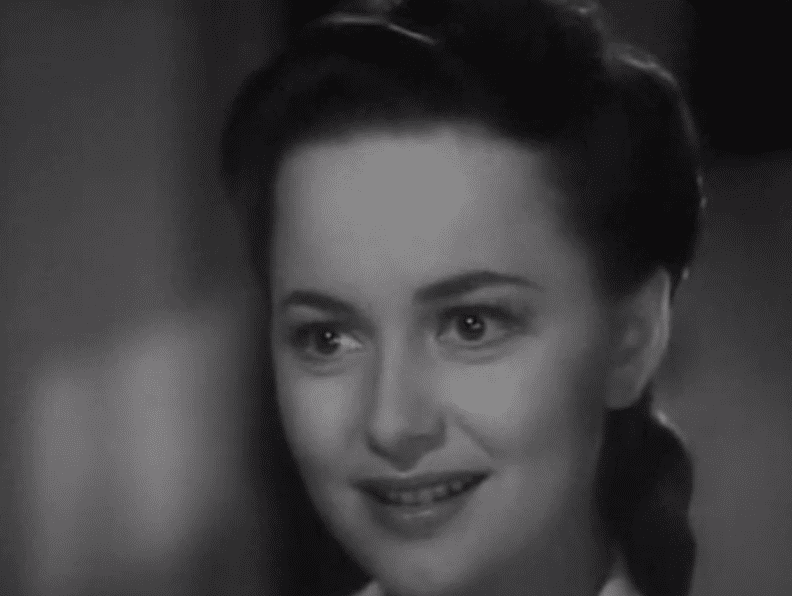 Hold Back the Dawn,Paramount Pictures
Hold Back the Dawn,Paramount Pictures
29. They Set Aside Their Differences When It Mattered
There were some small reprieves in the ongoing feud between the sisters. For example, both Fontaine and de Havilland became nurses’ aides during WWII. Also, like many other Hollywood stars of the era, they did their part to support the army by making appearances at the Hollywood Canteen, which served as a waypoint for soldiers on their way overseas.
30. The Night of the Oscars Was Filled With Suspense
Tensions ran high on the night of February 26, 1942, when the 14th Annual Academy Awards were held in Los Angeles. It would be a night that would live in infamy for decades afterward. Both Fontaine and de Havilland were nominated alongside established stars like Barbara Stanwyck and Bette Davis for the Best Actress trophy, but that night, all eyes were on them.
31. She Won the Oscar—But It Brought Even More Trouble
Finally, presenters announced the prize for Best Actress—and Fontaine was the winner. The story of what really happened next has remained in contention ever since that night. Many claimed that Fontaine straight-up snubbed her sister and refused to acknowledge her when she went up to accept the award. A dejected de Havilland was visibly humiliated by her sister’s heartless recoil.
32. They Claimed Her Win Was Disingenuous
Many considered Fontaine’s win at the Oscars that year was a sort of "sympathy win" to make up for her having lost the year before for Rebecca. Between the two films, Rebecca was much more beloved and popular. Watching her sister win for an inferior movie must have twisted the knife for de Havilland even more.
33. She Has Her Own Account of That Infamous Night
The accepted story of that night is that Fontaine snubbed her older sister when de Havilland tried to congratulate her. However, Fontaine claimed in her autobiography that that account was not true at all. She said that she was in shock the moment she heard her name, and that de Havilland was the one to break her out of this spell and compel her to get onstage.
Fontaine also claimed to be "appalled" to have won over her sister, who was much more career-minded than she was.
34. There Are Multiple Stories About What Happened That Night
In another account of that night, de Havilland was said to have exclaimed, "We got it!" when Fontaine’s name was announced—only for Fontaine to completely ignore her. No matter what happened though, it’s clear that it was a turning point in the sisters’ ongoing feud.
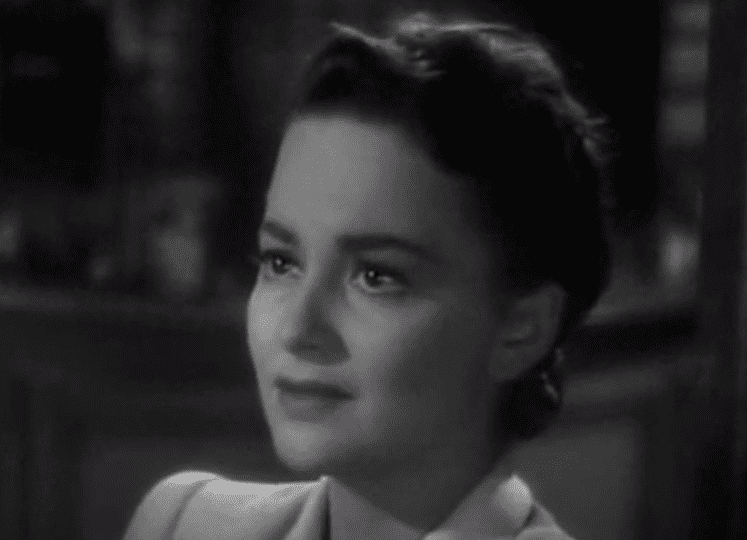 Hold Back the Dawn,Paramount Pictures
Hold Back the Dawn,Paramount Pictures
35. She Was Finally a Star—But at What Cost
After her win for Suspicion, Joan Fontaine was a bona fide star—and David O. Selznick knew it. Now that it was clear that she could carry a hit picture, she was made the leading lady in a number of films, including Jane Eyre and The Constant Nymph, for which she was nominated for another Oscar, but there was just one problem.
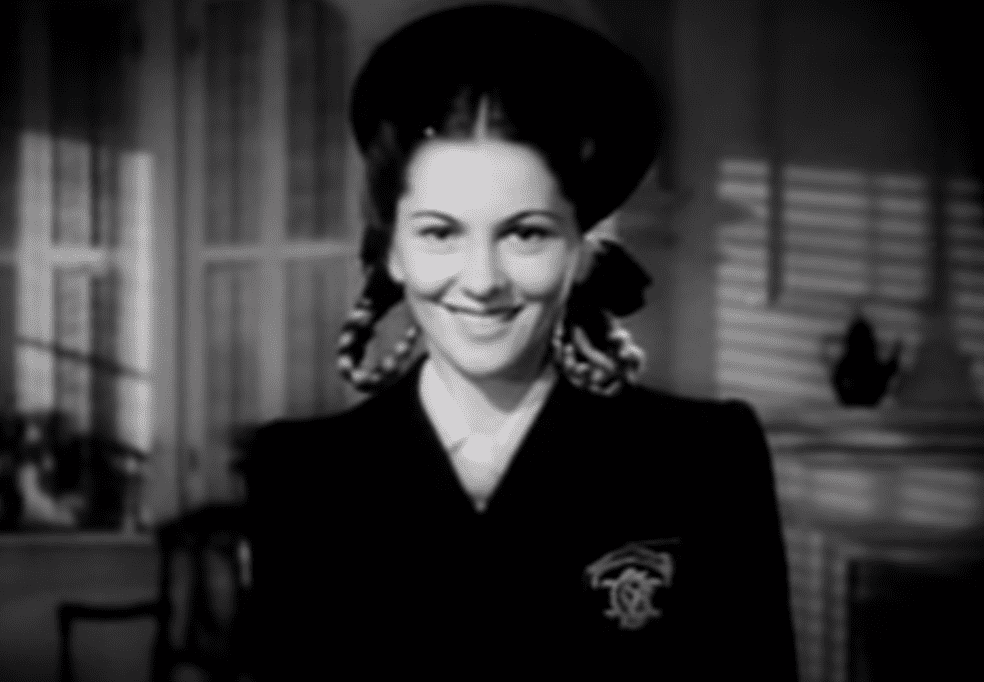 The Constant Nymph,Warner Bros.
The Constant Nymph,Warner Bros.
36. She Spoke Up For Herself
All of Fontaine’s roles in the early 1940s were all tragic figures and most of the films were sort of weepy melodramas. After a few films like this, Fontaine finally spoke up. She was set to be cast in a film called I’ll Be Seeing You, but she refused. Of course, at the time, she was beholden to the movie studio, and those under contract weren’t really supposed to have a say in their career direction. The consequences were devastating.
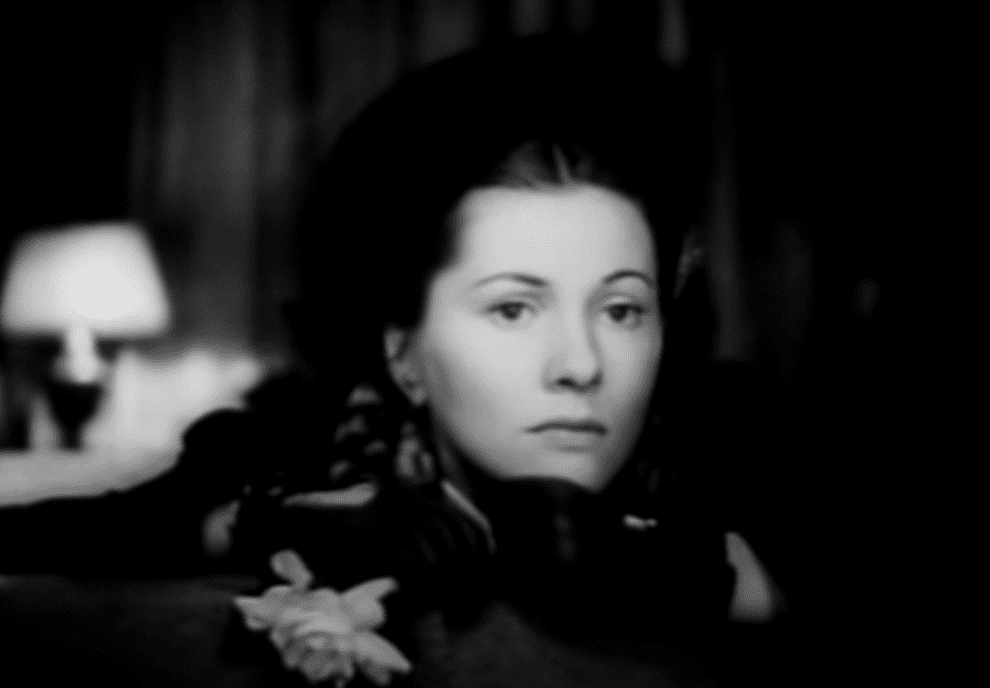 The Constant Nymph,Warner Bros.
The Constant Nymph,Warner Bros.
37. …And She Paid the Price for It
Fontaine was at the height of her career, but when she refused to appear in yet another melodrama where she played a victim, producer David O. Selznick was furious. Despite the fact that they’d worked on numerous hit films together, he suspended her for eight months, effectively stalling her career entirely.
38. She Was a Trailblazer
Fontaine went back to work, but she didn’t take Selznick’s overreaction and punishment sitting down. She began making plans to form her own film company, eventually calling it Rampart Productions. When her contract with RKO ended, she agreed to appear in one film per year for them, on the condition that every other film would be a Rampart film.
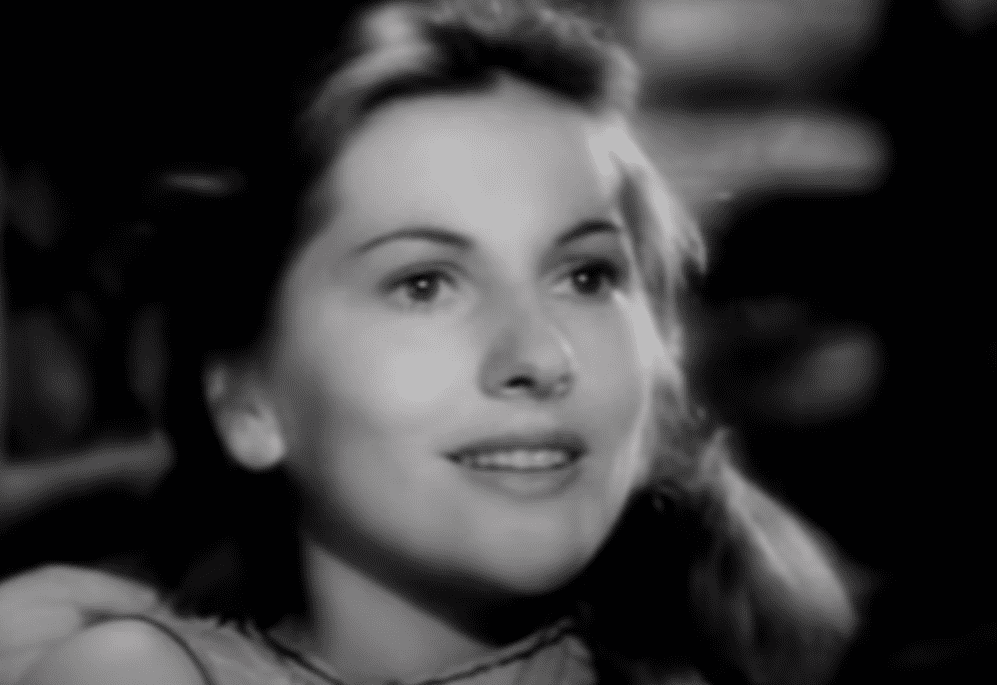 The Constant Nymph,Warner Bros.
The Constant Nymph,Warner Bros.
39. She Mixed Business With Pleasure
She had help when it came time to form the company, in the form of her second husband, William Dozier, a producer and TV writer. They were listed as co-founders of Rampart. While it might not have had the power of the big studios, it still saw some successes throughout the 40s, including Letter From An Unknown Woman, considered a classic today.
40. She Had a Sharp Tongue
While she may have been busy with a film company and a new husband, Fontaine still had time for her now-famous feud with her sister. Shortly after de Havilland married author Marcus Goodrich, Fontaine took a devastating swipe at him during an interview, saying, "It's too bad that Olivia's husband has had so many wives and only one book".
Goodrich had been married four times before he wed de Havilland.
41. Her Sister Plotted Her Revenge
Of course, the barb immediately got back to de Havilland, and the young bride was incredibly offended that her sister would make light of her recent marriage. Between what had happened at the 1942 Oscars, the insult to Goodrich, and Fontaine’s lack of apology for it, de Havilland was livid. In 1947, she would strike back at her sister the only way she knew how—but more on that later.
42. A Baby Also Brought Trouble to Her Door
In 1948, Fontaine became pregnant with her first and only biological child, Deborah Leslie—but what should have been a happy moment soon turned into a nightmare. Fontaine and her husband Dozier separated soon after, and it sparked a vicious custody battle over the girl.
43. Her Divorce Was Utterly Acrimonious
It took about two years for the divorce to become finalized. On the court papers, Fontaine gave a chilling reason for the split: She claimed that Dozier had deserted her. While their divorce went through in 1951, they spent the early part of the 1950s fighting for custody of their infant daughter.
44. She Adopted a Girl After Meeting Her Once
It was during this time that, in a bizarre twist of fate, Fontaine ended up with another daughter—yes, you read that right. Fontaine was visiting Peru and touring Incan ruins when she met a young girl named Martita whose father worked there. In a strange sequence of events, four-year-old Martita’s parents gave Fontaine custody of the girl, hoping to give her a better life.
For her part, Fontaine promised them that she’d make sure Martita returned to them when the girl got to be 16 years old—but situations that complicated rarely work out as planned.
45. Her Daughter Was a Runaway
Fontaine raised Deborah and Martita side by side, but when Martita’s 16th birthday approached, she told Fontaine that she didn’t want to go back to Peru. You’d think that it would be a flattering sentiment, but Fontaine was utterly furious. She told the girl that she wouldn’t be made to look like a liar, and Martita ultimately ended up running away before she could be sent back.
46. She Was Incredibly Harsh to Her Adopted Daughter
Following that incident, the Fontaine and Martita were estranged for years. More than a decade after, while promoting her tell-all book, Fontaine spoke incredibly harshly of the girl, saying, "I promised her parents. I do not forgive somebody who makes me break my word".
47. She and Her Sister Spent Time Together During Their Feud
Many speculated that the incident at the Oscars spelled the end for Fontaine and de Havilland’s relationship, and for a long time, it was thought that the pair never really spoke again. However, they visited each other periodically throughout the years, and de Havilland got along marvelously with Fontaine’s two daughters. Of course, old habits die hard—and their feud wasn’t over quite yet.
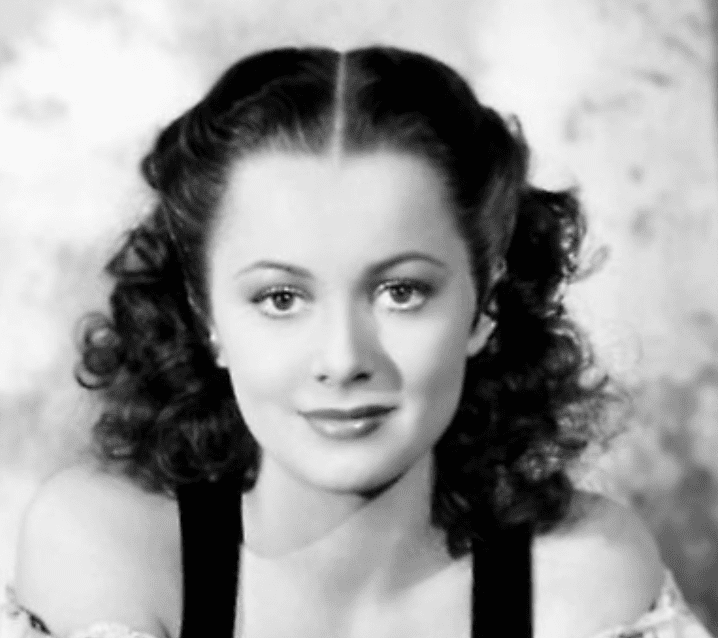 Wikimedia Commons
Wikimedia Commons
48. She Wasn’t a Fan of Marriage—Despite Doing It So Often
After her divorce from Dozier, Fontaine married twice more—once to film producer and writer Collier Young, and then to magazine editor Alfred Wright Jr. Neither marriage made it to the decade mark. She later explained that she never intended to stay married her whole life, and that having grown up in a broken home, the idea disgusted her.
She also claimed that men had twice offered her $1 million to marry them, and that she’d refused.
49. They Disagreed Over Their Ailing Mother
The final straw in the relationship between Fontaine and de Havilland came at an utterly heartbreaking time. In the mid-1970s, their mother Lillian was diagnosed with cancer, and instead of bringing them together, it drove them apart. They argued over how to approach her treatments, and sadly, Lillian passed on while Fontaine was traveling—but the tragedy didn’t end there...
50. She Missed Her Mother’s Funeral
Fontaine was working on a play when her mother passed on, but she claimed that her sister never told her and even held a funeral without her. For her part, de Havilland claimed that she sent a telegram to inform her sister, but it ended up taking two weeks to reach her, and by then, the funeral had already happened. She also said that Fontaine had declined to attend the memorial for their mother.
51. The Estrangement Tore Her and Her Daughters Apart
Their mother’s passing marked the final break between the two feuding sisters—but Fontaine’s sense of betrayal didn’t stop there. When she discovered that her daughters had been keeping up a secret friendship with de Havilland, she was furious. She had reconciled with Martita, but this once again drove a wedge between them, as well as between Fontaine and Deborah.
52. They Didn’t Speak for the Rest of Their Lives
The two sisters remained estranged until Fontaine’s death at the age of 96 in 2013. De Havilland is still alive to this day, and after her sister’s passing, she released a statement saying that she was "shocked and saddened" to hear about Fontaine.
53. She Got the Last Word Even in Death
In a way, Fontaine got the last word in the feud that had followed her for her entire life, even after her passing. While promoting her 1978 tell-all No Bed of Roses, she said, "Olivia has always said I was first at everything—I got married first, got an Academy Award first, had a child first. If I die, she’ll be furious, because again I’ll have got there first!"
Ultimately, Fontaine did reach all the milestones—marriage, an Oscar win, motherhood, and death—before her older sister could.
54. She Got Her Just Desserts
In 1947, de Havilland was nominated for the Best Actress Oscar. That night, Fontaine was there to present the award for Best Actor, so she wasn’t far away when de Havilland ended up winning her first Oscar that night. De Havilland finally had her chance for payback, and she took it—completely ignoring Fontaine when she approached her backstage to congratulate her big sister on her win.
55. Their Feud Was Big News Because of One Photo
One of the reasons why the feud between Fontaine and de Havilland became so iconic—beyond the fact that they’re the only two sisters to have both won Best Actress Oscars—is because that moment happened to have been captured on film by photographer Hymie Fink. It captures the precise instant that de Havilland turned away from her smiling sister.
It was rumored that the sisters didn’t talk for five years after that incident.

